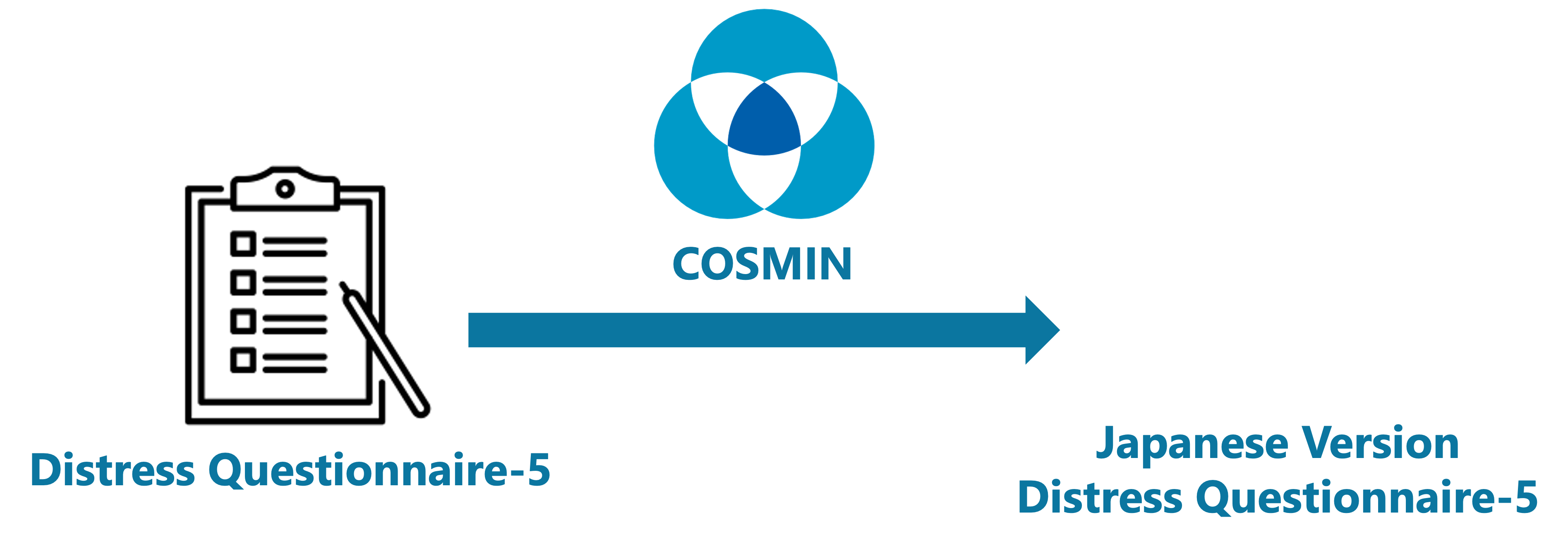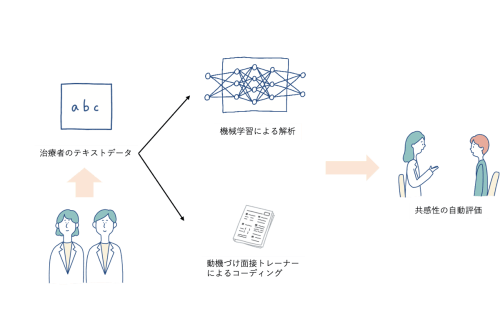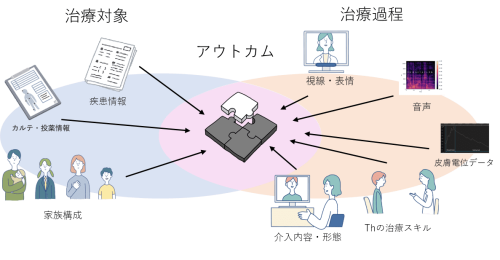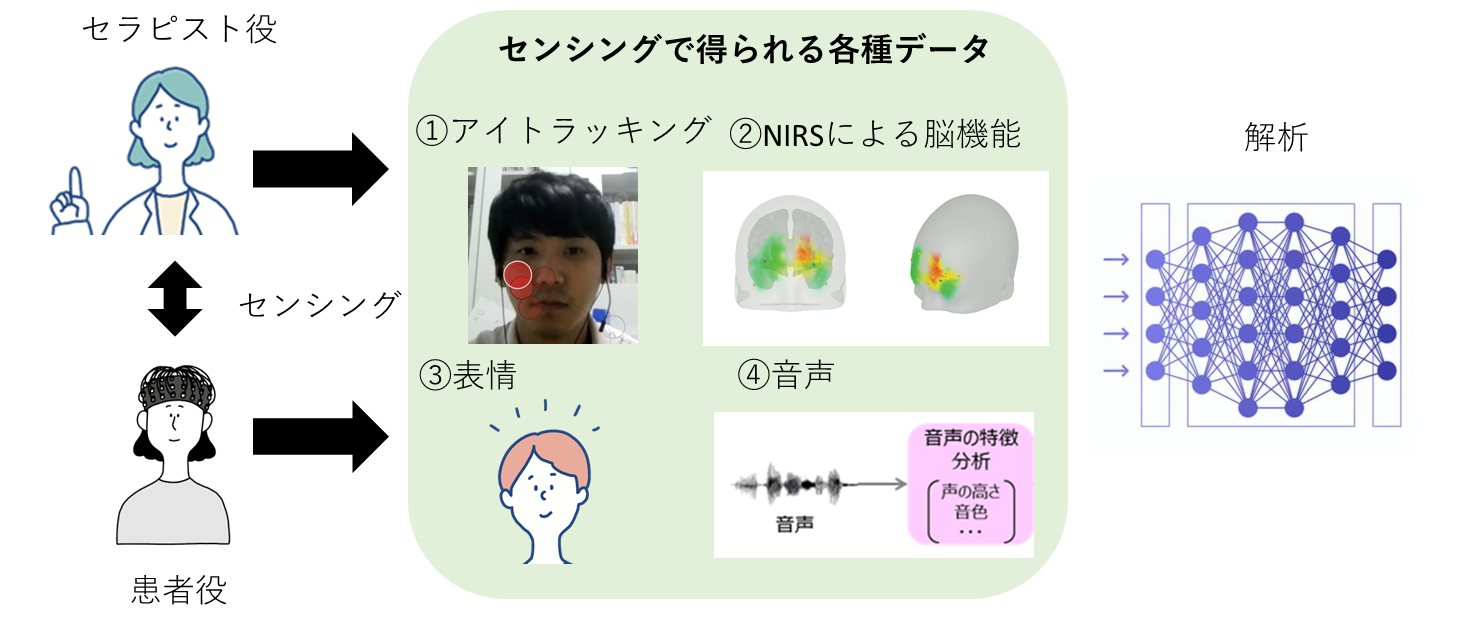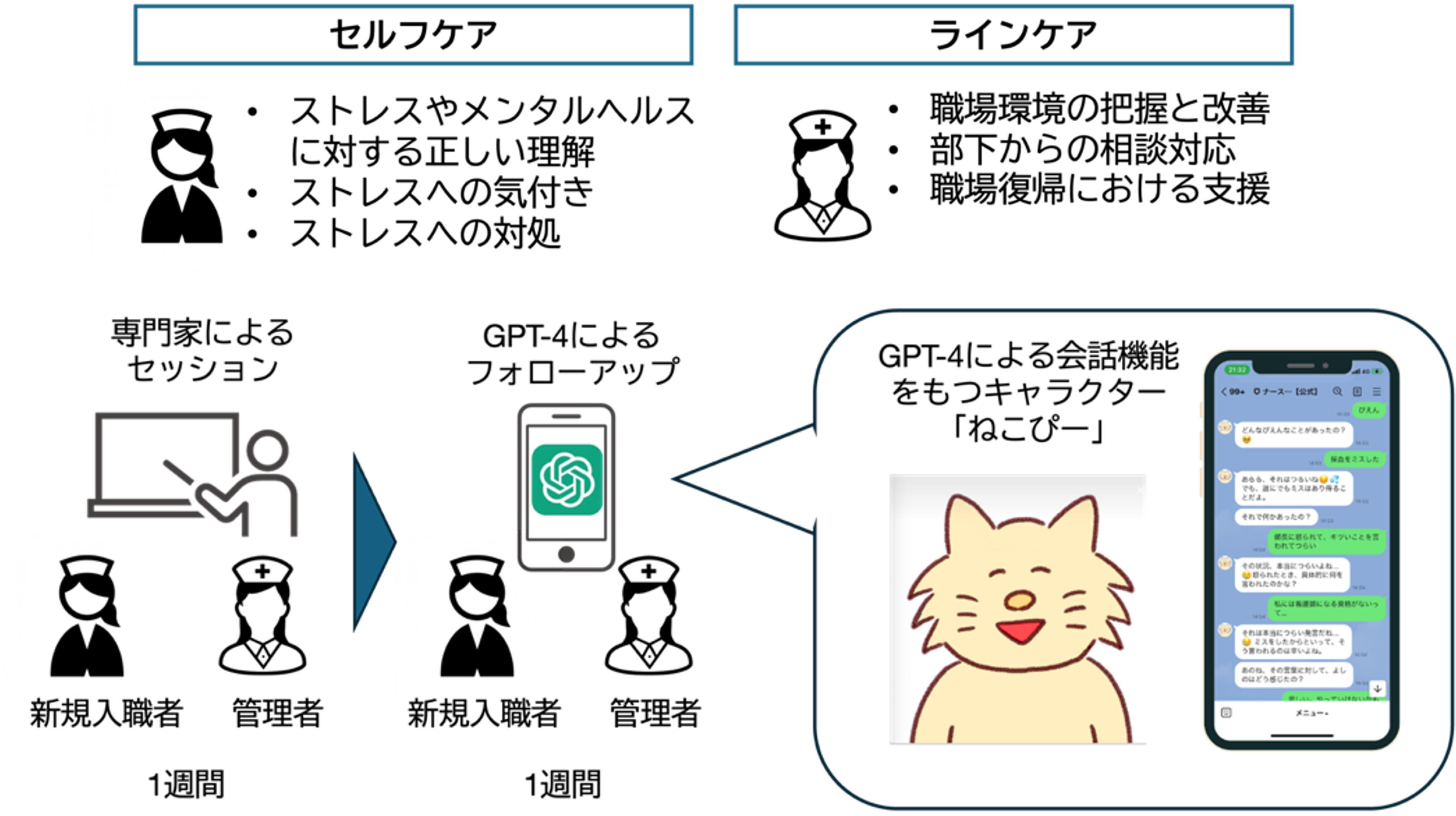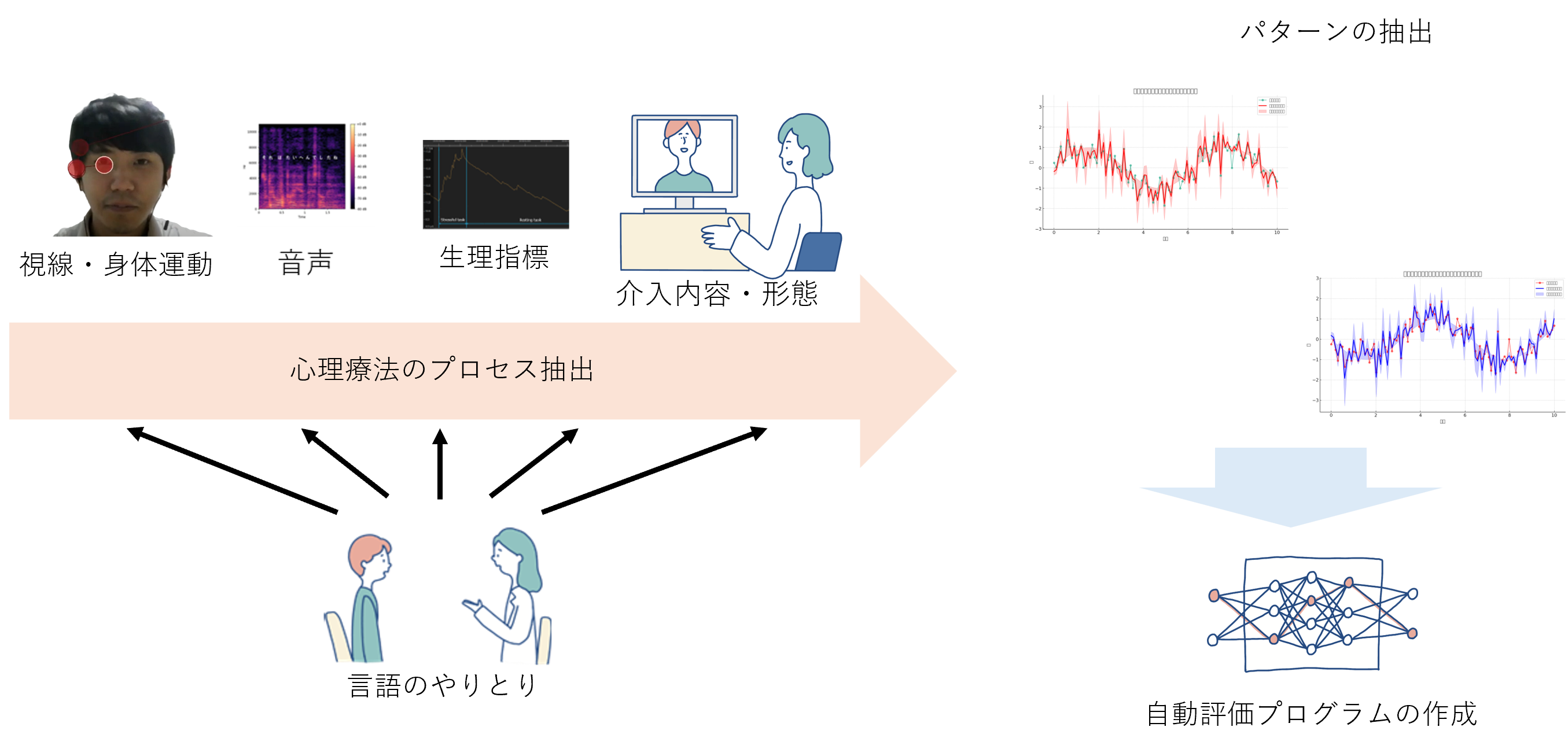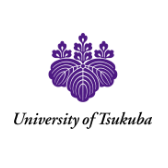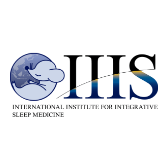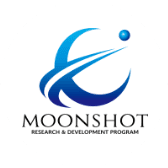
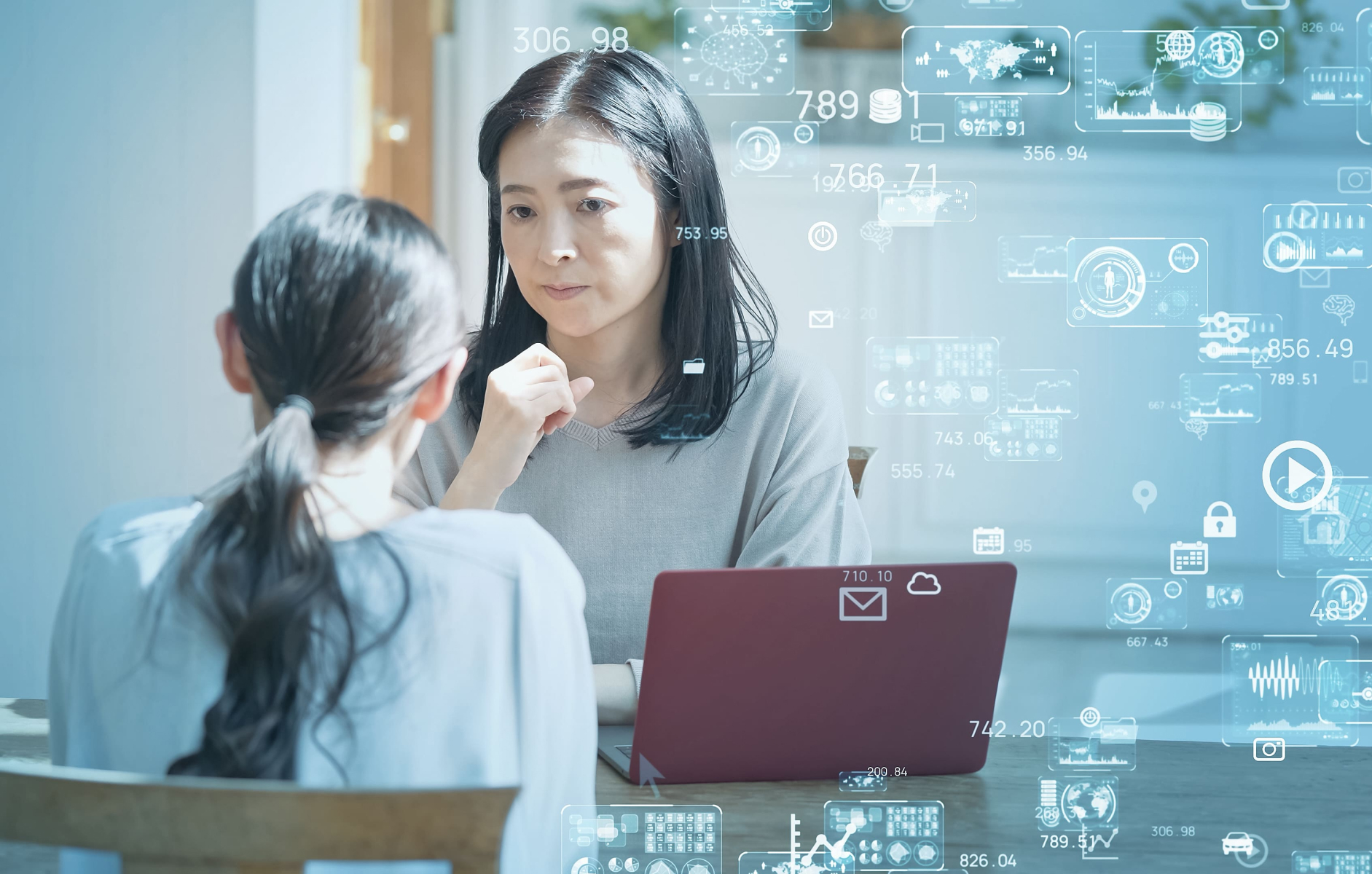

IIIS
University of Tsukuba
Nakajima Lab
お知らせ
Please see the following page for Lab’s News.
研究室概要
In our research lab, we aim to improve the lives of individuals with sleep problems and those around them by utilizing clinical psychology and technology. Our research team includes:
- ・Development of Next-Generation Psychotherapy Using Digital Technology.
- ・Optimize Insomnia Treatment Using Multimodal Data.
- ・Social Implementation Research of Psychotherapy for Sleep Disorders.
- ・Sleep problems in infants from perinatal period through preschool, and children and adolescents: a caregiver's mental health perspective.
- ・Automatic Evaluation of Empathy using Generative AI, Implementation of Simulated Patient and Therapist Chatbot.
- ・Research on Medical Communication
研究プロジェクト

-Psychotherapy using human augmentation technology-

-Telepsychotherapy-
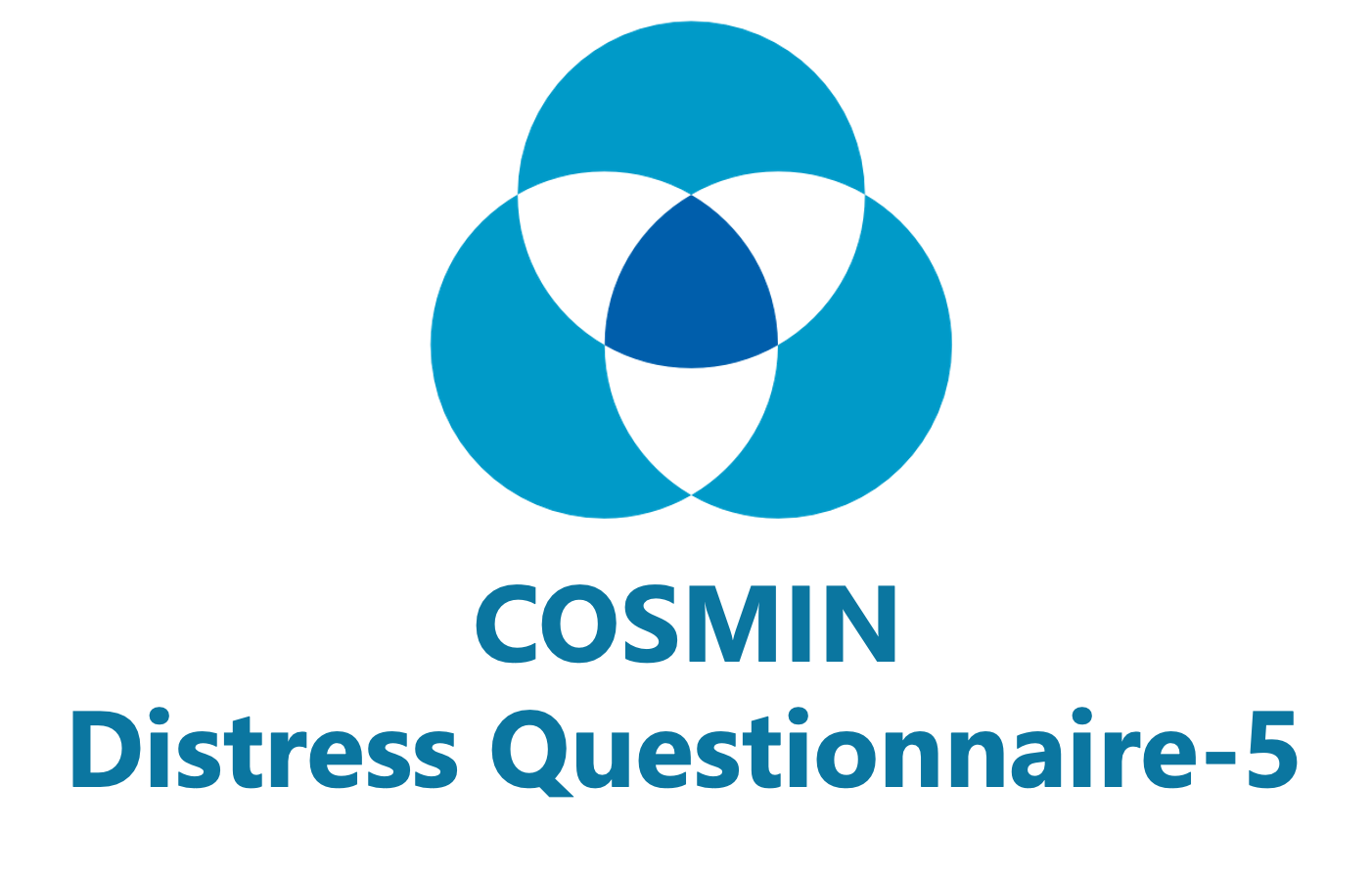
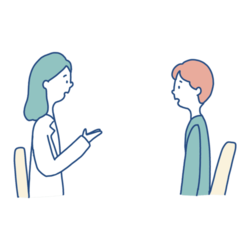
Communitcation
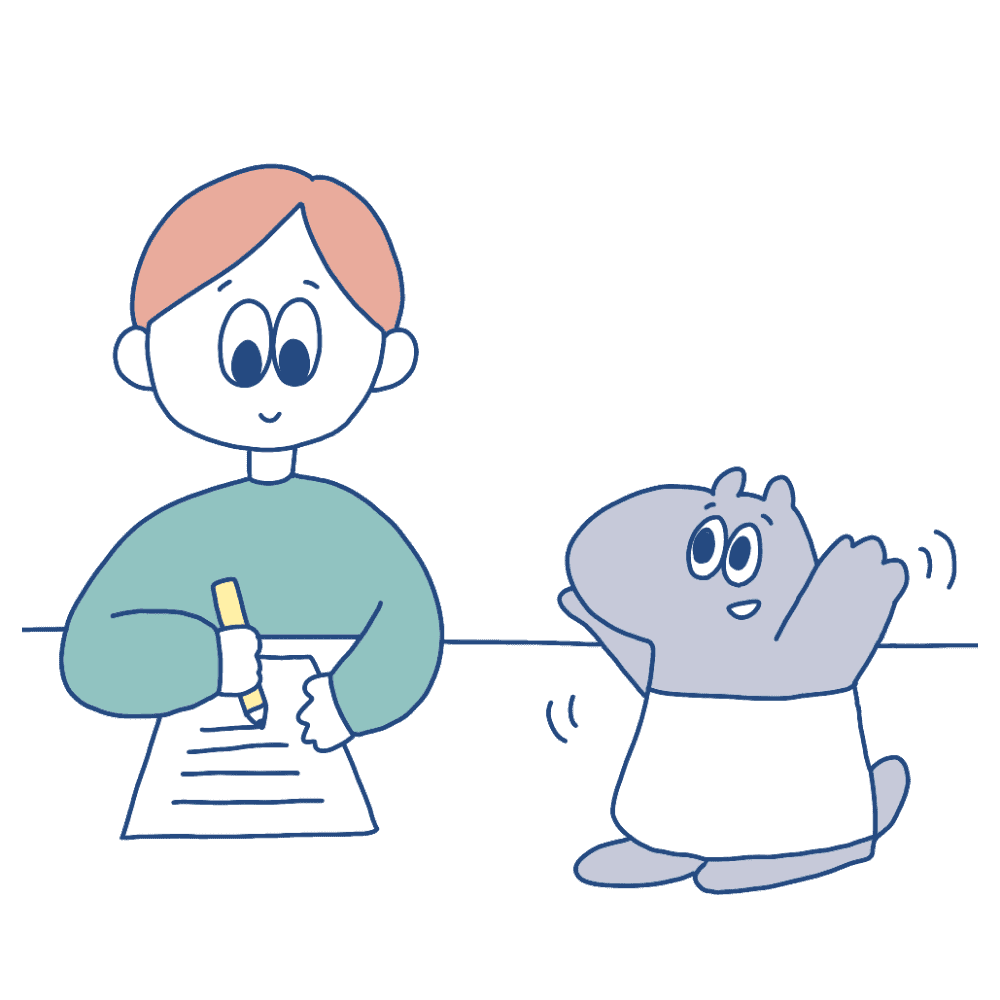
-Survey of Support Needs for Children in Psychiatric Care-
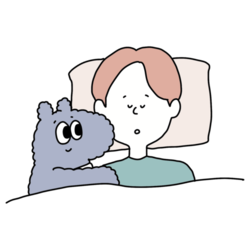
for Children
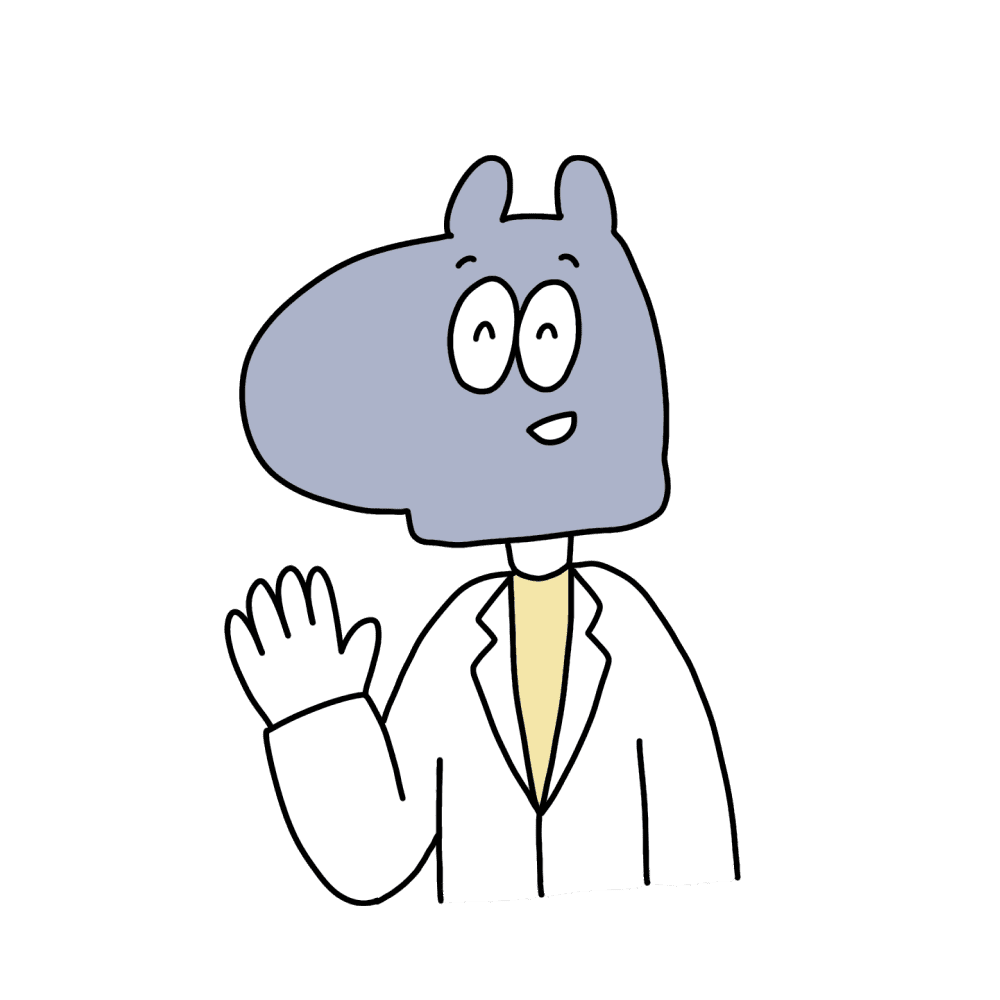
Chatbot with Generative AI
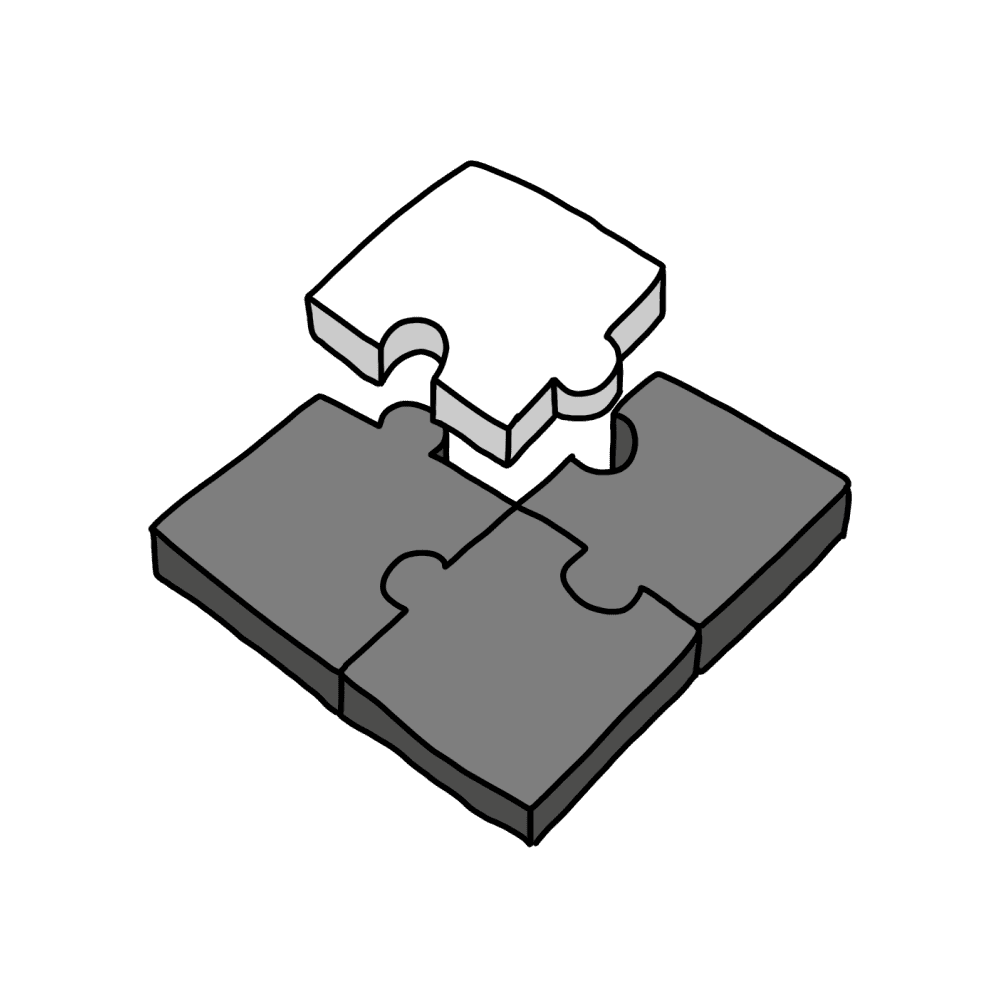
-Psychotherapy Data Bank-
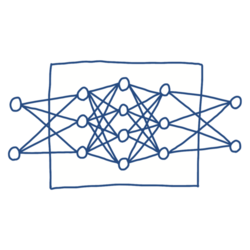
(Co-morbid insomnia
and sleep apnea)
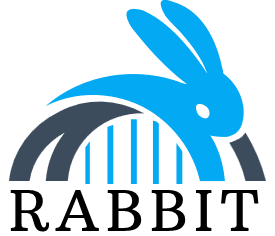
-Implementing psychotherapy-
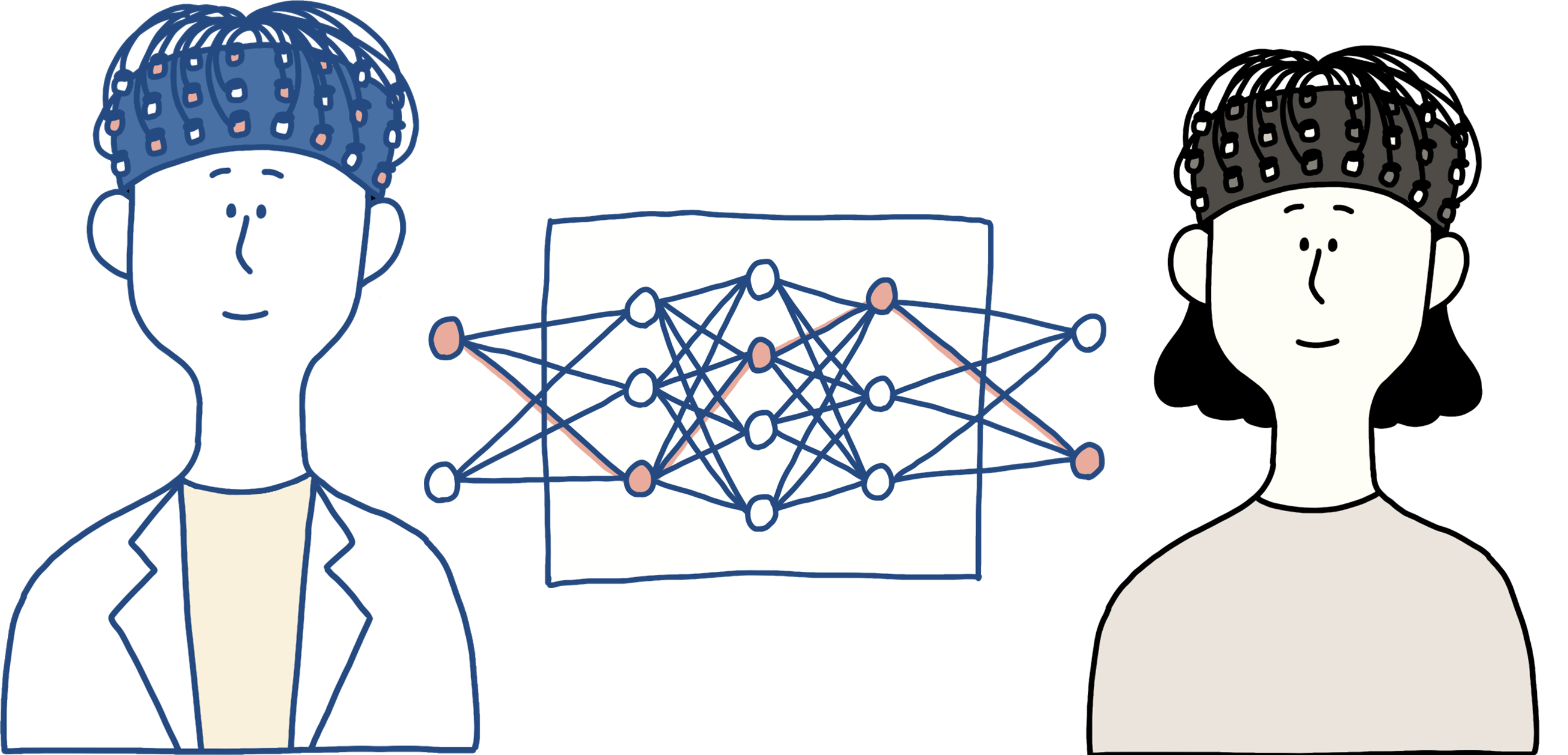
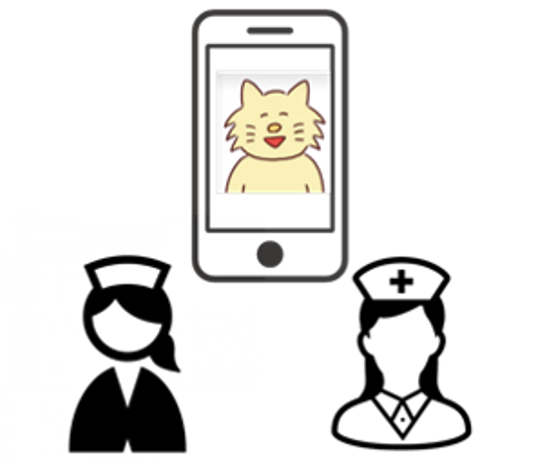
-AI and Human-Based
Mental Health Support for Nurses-
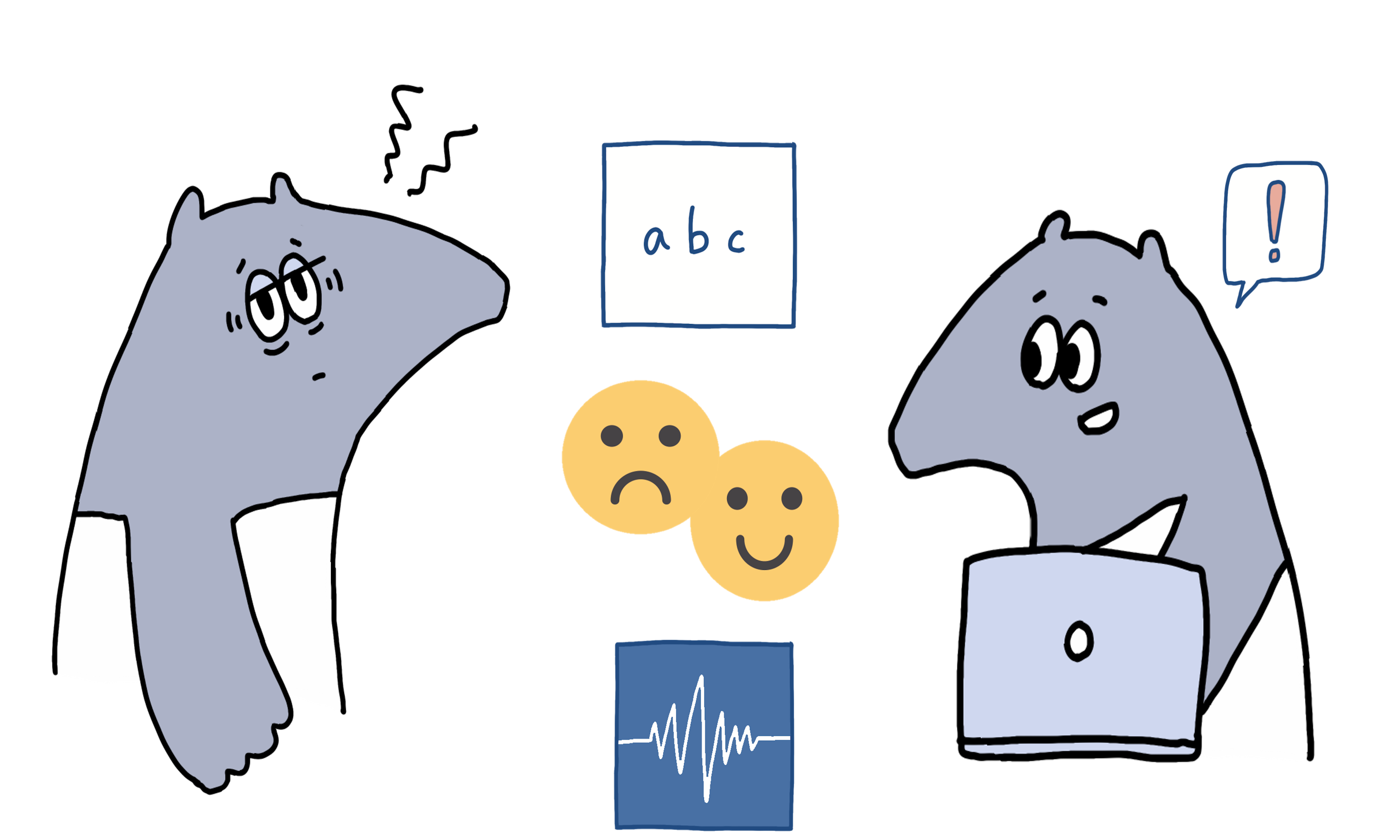
-Nonverbal data based Psychotherapy Analysis Model-
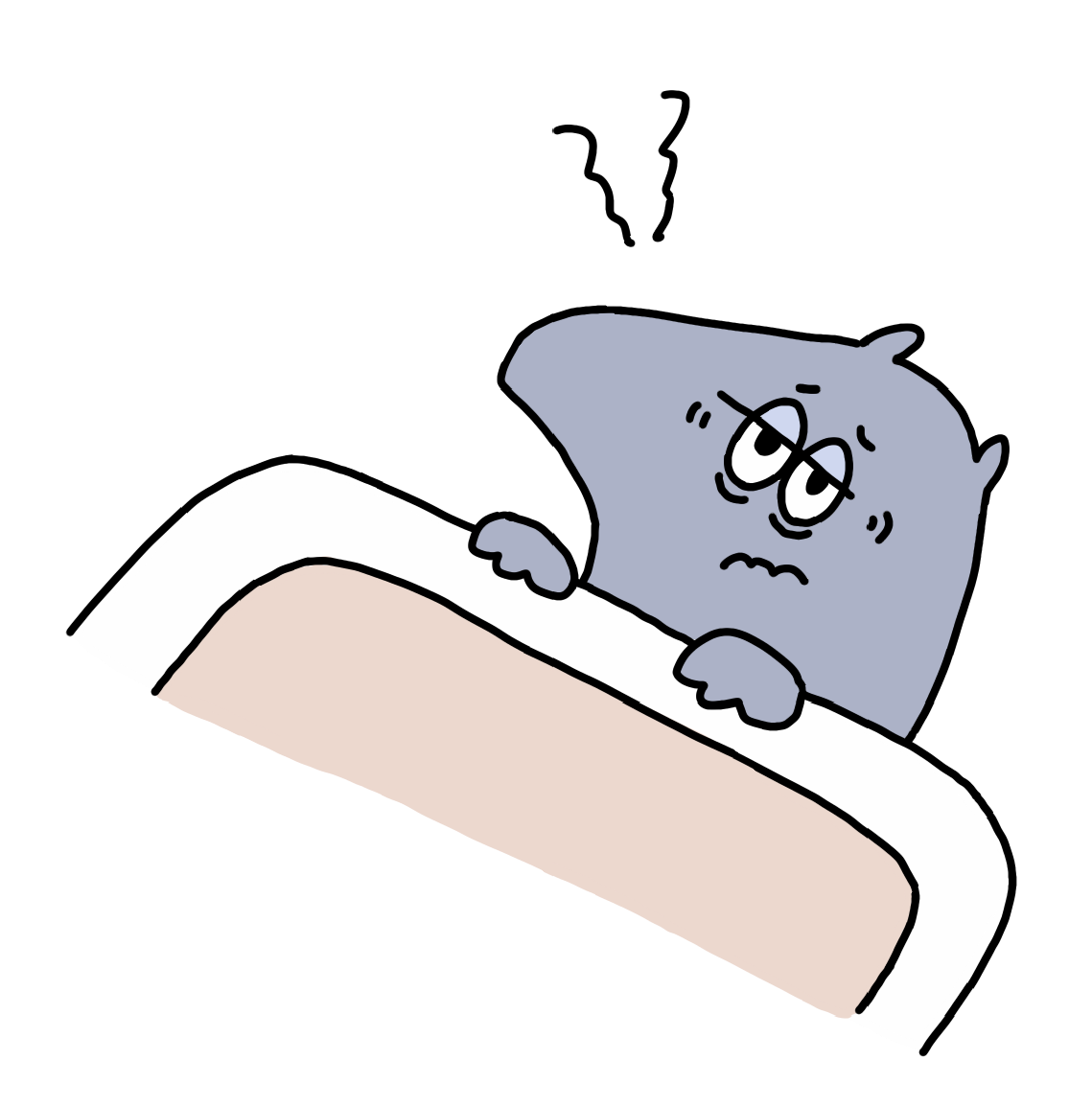
-To establish a comprehensive model
to explain insomnia-

-Word Based Psychotherapy Evaluation-
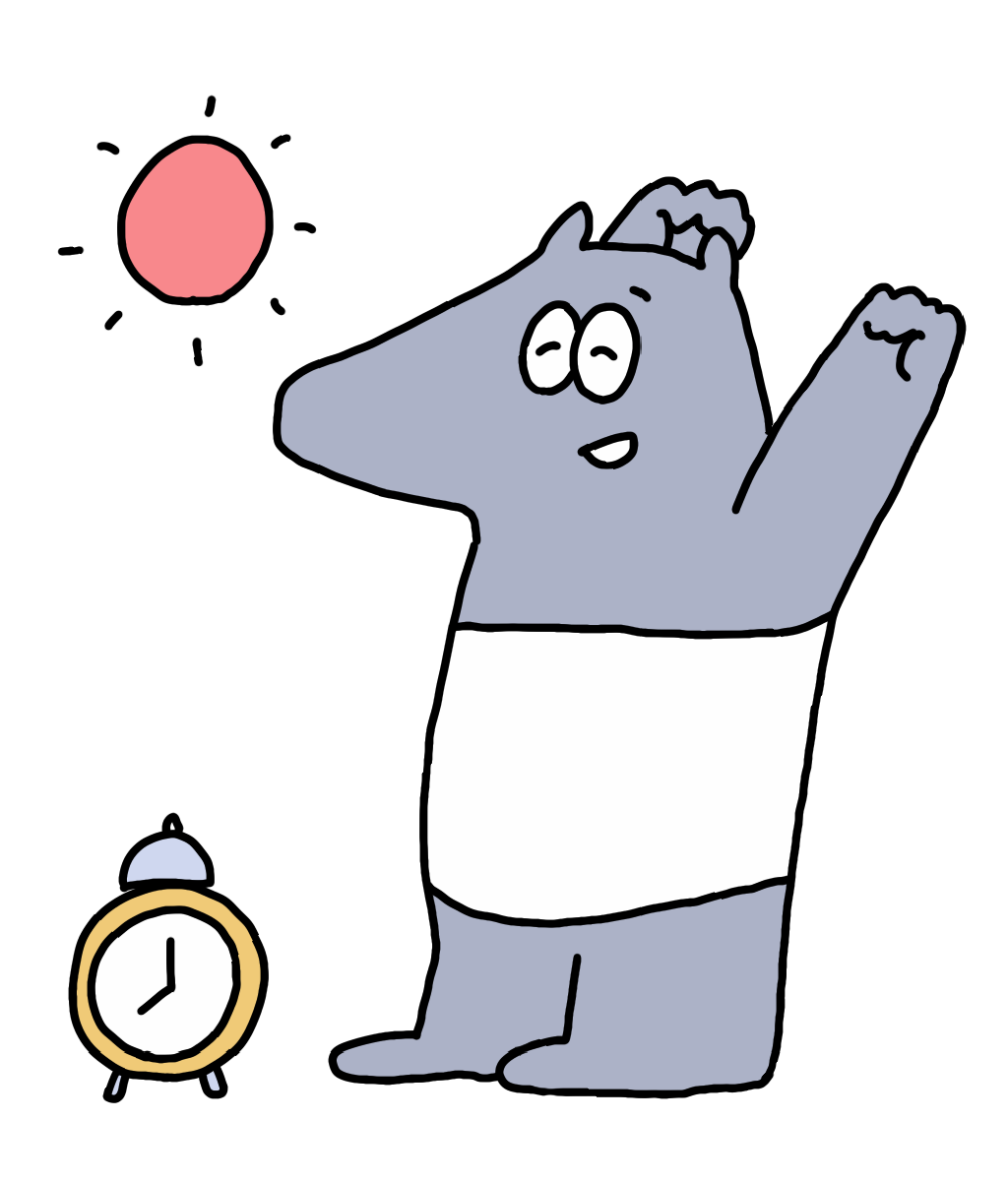
for People with Diabetes
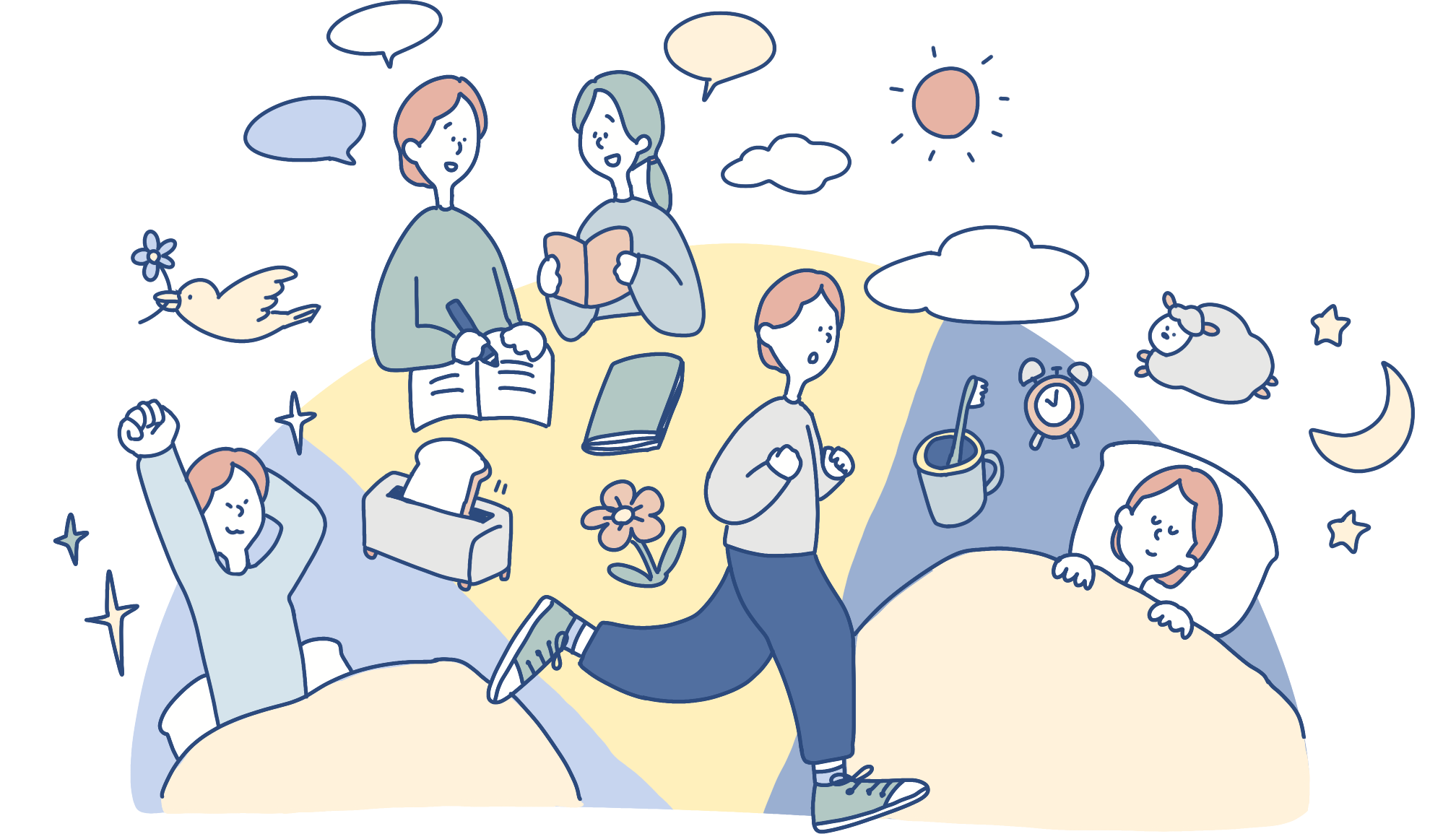
-Remote psychotherapy
for night owls-
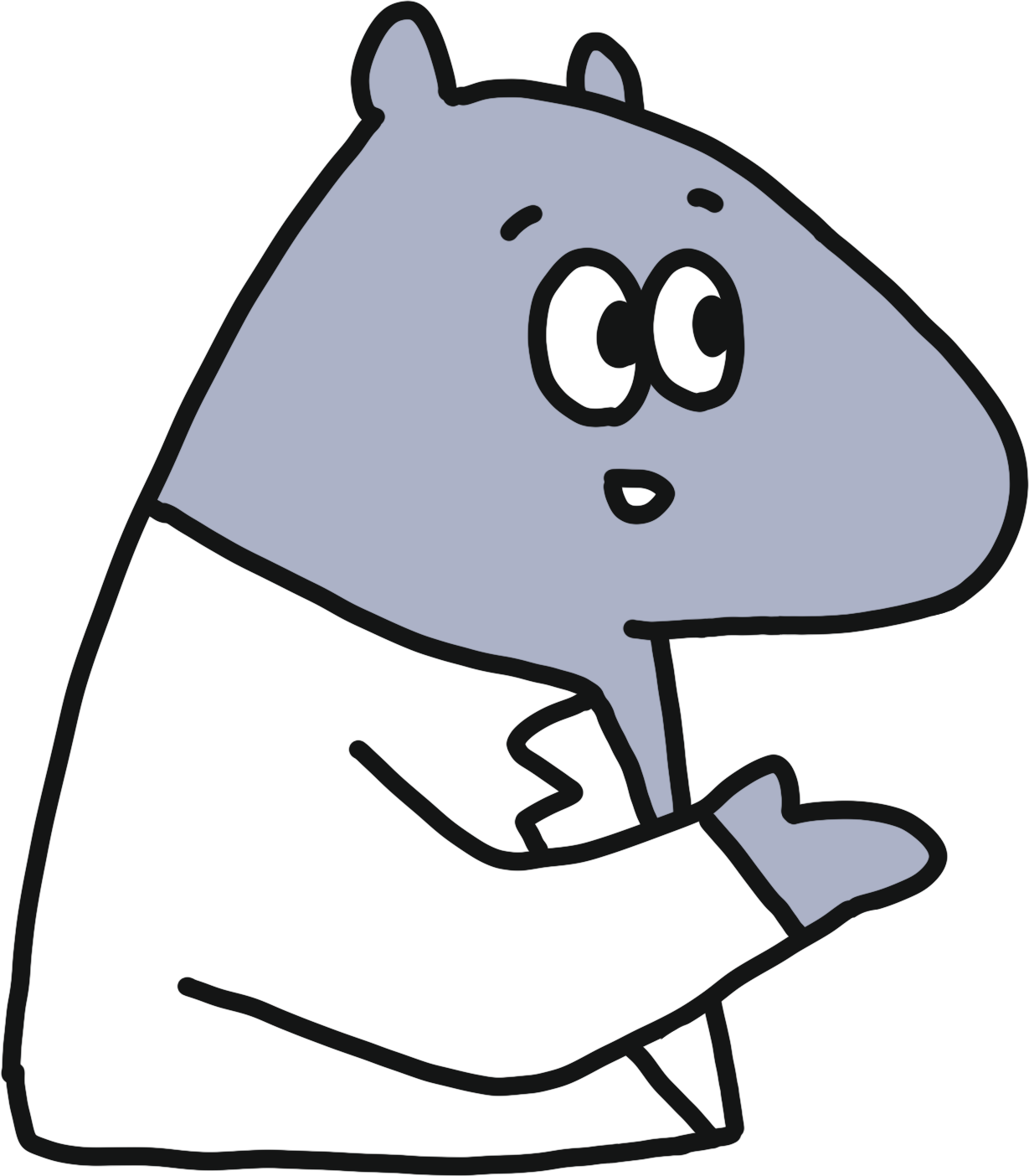

メンバー
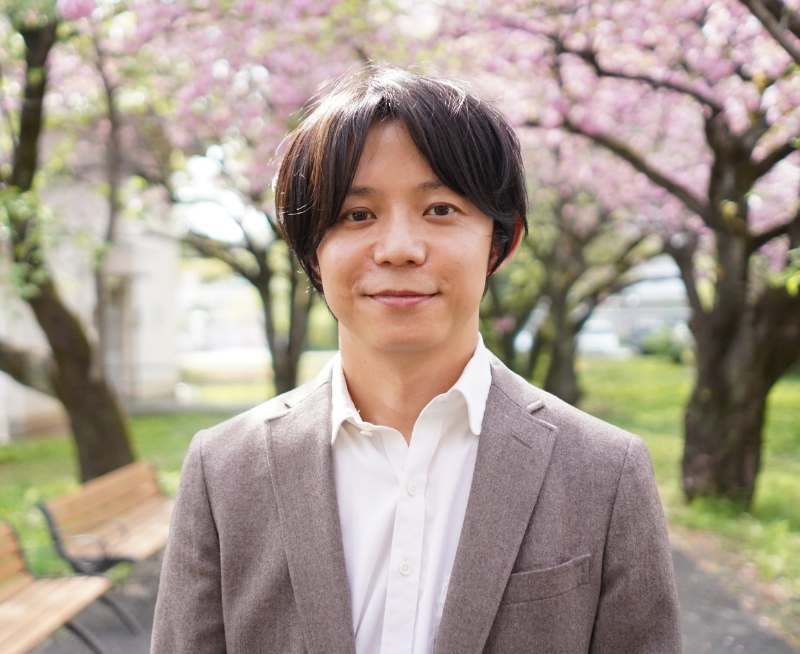
【Education/Academic background】
Born in Joso City, Ibaraki
2008 Graduated from Master's Program, Clinical Psychology Specialization Graduate School of Psychology, Health Sciences University of Hokkaido
2008-2010 Full-time Clinical Psychologist, Hokkaido Mental Care Center
2010-2014 Research Assistant, Department of Somnology, Tokyo Medical University
2014 Graduated from Clinical Research Program, Department of Psychiatry, Graduate School of Medicine, Tokyo Medical University
2014-2015 Assistant Professor, Department of Somnology, Tokyo Medical University
2015-2017 Full-time Chief Psychologist, Yoyogi Sleep Disorder Center
2017-2018 Assistant Teacher, Faculty of Liberal Arts, Teikyo University
2018-2019 Lecture, Faculty of Liberal Arts, Teikyo University
2019-2023 Chief of clinical service, National Center for Cognitive Behavior Therapy and Research, National Center of Neurology and Psychiatry
2023-2025 Associate professor, International Institute for Integrative Sleep Medicine (WPI-IIIS), University of Tsukuba
2025-Present Specially Appointed Associate Professor, International Institute for Integrative Sleep Medicine (WPI-IIIS), Tsukuba Institute for Advanced Research (TIAR), University of Tsukuba
【Honors and Special Awards】
2013 Best Paper Award, Japanese Society of Stress Science (first author)
2014 Uchiyama Memorial Award for the Best Paper, Japanese Society of Behavioral Medicine(second author)
2022 Diversity Promotion Poster Award (Silver), 48th Annual Meeting of the Japanese Association for Cognitive-Behavioral Therapy (Corresponding author)
2024 Middle Career Distinguished Researcher Award, Society of Behavioral Sleep Medicine
【Why did you become a scientist?】
Applying Evidence to Clinical Practice
After completing my master's program, I started working as a clinical psychologist in a psychiatric
clinic. It was then that one of my senior colleagues, whom I admired, introduced me to the fascinating
world of psychotherapy for sleep disorders.
The more I studied sleep disorders, the more I realized how important sleep medicine is in addressing the
concerns of psychiatric patients. I was eager to apply this knowledge in clinical settings, so I started
doing research.
【What are you most interested in lately】
Cultivating Epiphytic Ferns, Outdoor Activities, and Art
I have developed an interest in cultivating Platycerium, a type of fern, recently. I also enjoy Tenkara fishing and collecting affordable works of art from emerging artists. Supporting the art of younger generations is not only inspiring but also a way to express encouragement through my purchases. Or at least, that's my excuse for indulging in art acquisitions.
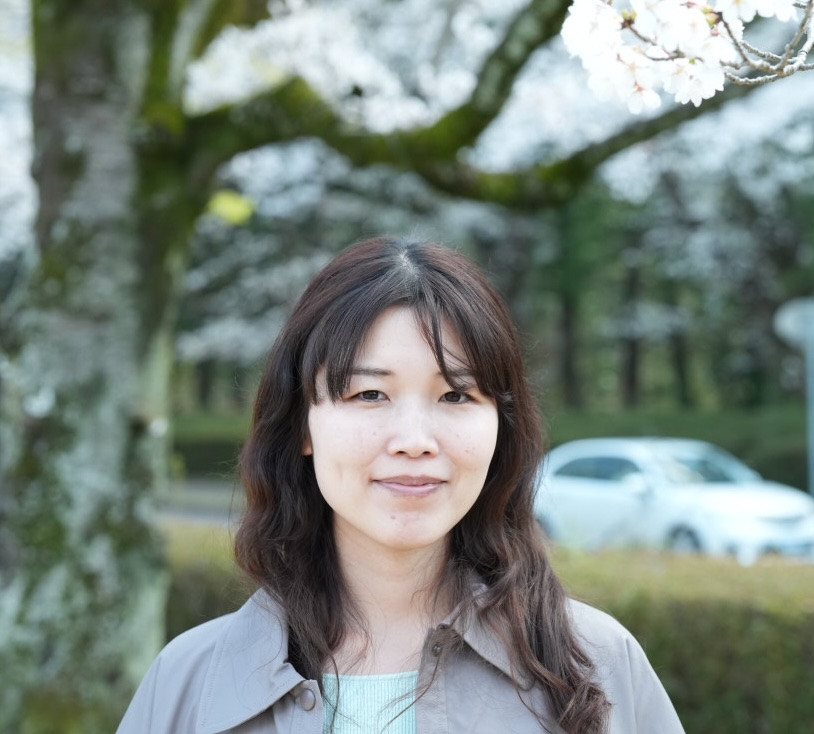
【Why did you become a scientist?】
Although I initially entered graduate school with a stronger interest in education than in research, my perspective changed thanks to my supervisor at the time, who introduced me to the joy of research. Through gaining new knowledge, exchanging ideas with people from diverse backgrounds, and steadily building new insights to help solve challenges in healthcare and society, I came to find the process of research itself deeply rewarding and inspiring.
【What are you most interested in lately】
Traveling abroad/Jazz piano/Cats
【Research】
Early intervention and treatment for mental disorders
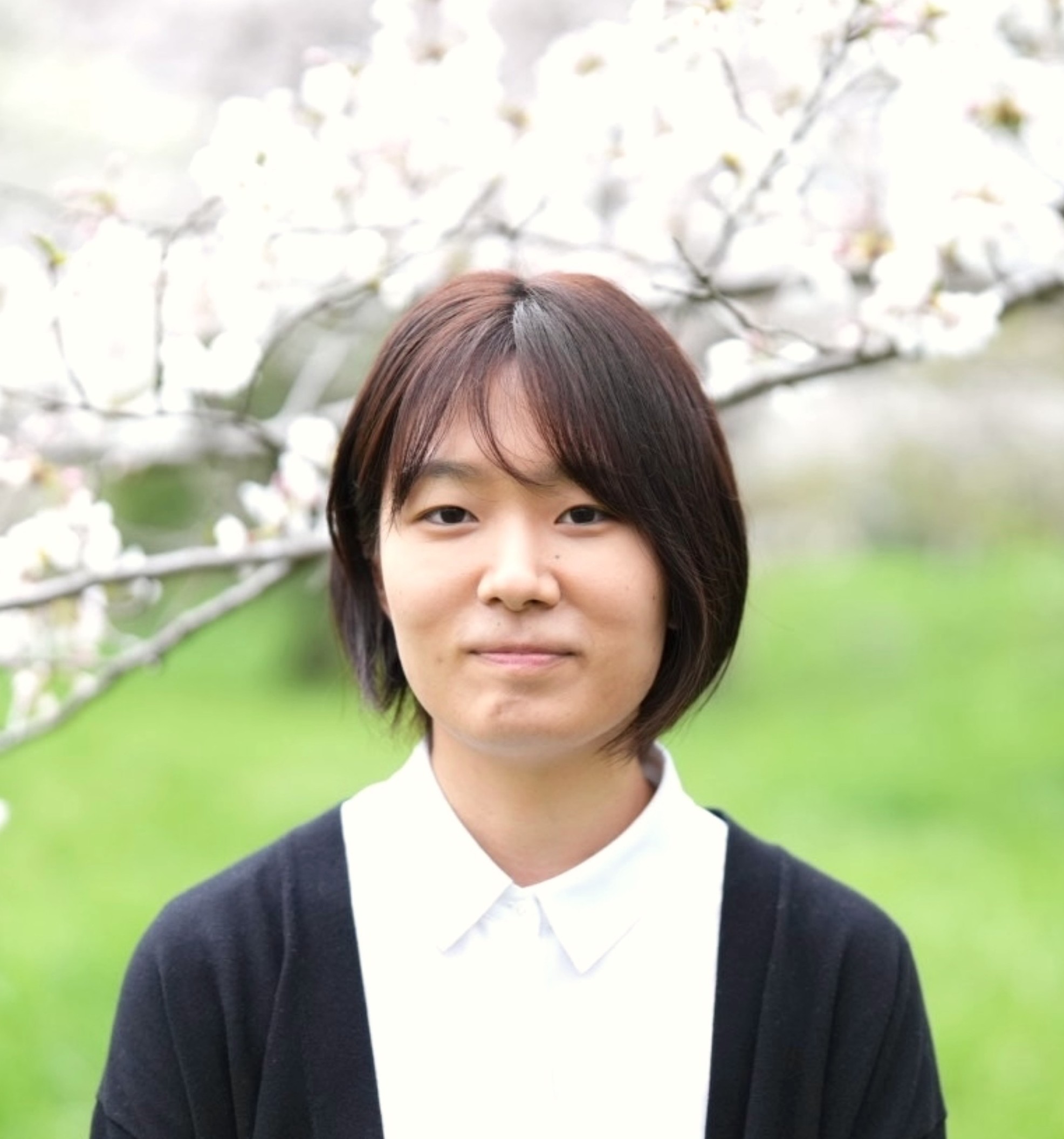
【Why did you become a scientist?】
Making communication visible
Originally, I was interested in "reading emotions from facial expressions or vocal tone." However, during my studies in psychology at university, I began to consider that such ambiguous elements could become more tangible through numerical data or other visible forms. I started to think that this could potentially make life easier for some people or in certain situations. This led me to become interested in researching this area.
【What are you most interested in lately】
Movie watching/Photography
I enjoy watching movies, not only focusing on the characters but also savoring the landscapes and atmosphere. Lately, I've become obsessed with film cameras. It's enjoyable to experiment with different angles while taking pictures, especially within the constraints of limited exposures.
【Research】
Communication analysis in psychotherapy using multimodal data.
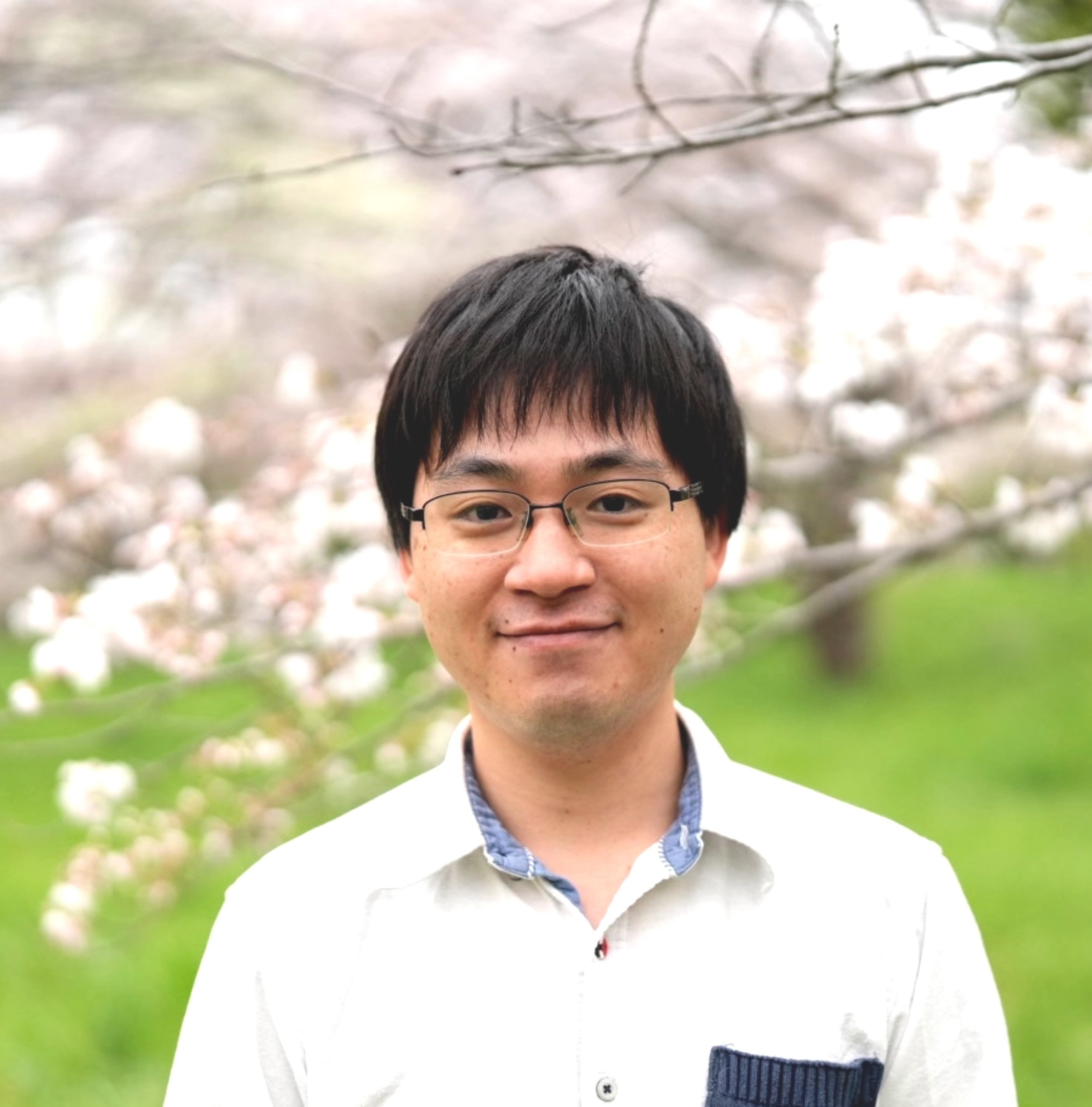
【Why did you become a scientist?】
Since my student days, I have had a strong interest in issues such as mental health and sleep problems faced by healthcare professionals. I am keenly aware of the importance of taking appropriate measures to address such issues and have a desire to conduct research in this field and contribute to society in any way I can in the future. In recent years, the remarkable development of applications and AI technologies has made it possible to take innovative approaches that make use of these technologies. I believe that by applying these cutting-edge technologies, I can find effective interventions that will contribute to improving the mental health and sleep quality of healthcare professionals.
【What are you most interested in lately】
I play guitar (both acoustic and electric).
Also, I have recently become addicted to whisky. I like to carefully make Whisky and Soda with a jigger and a muddler. Someday, I would like to visit the island of Islay in Scotland, the sacred land of whisky.
【Research】
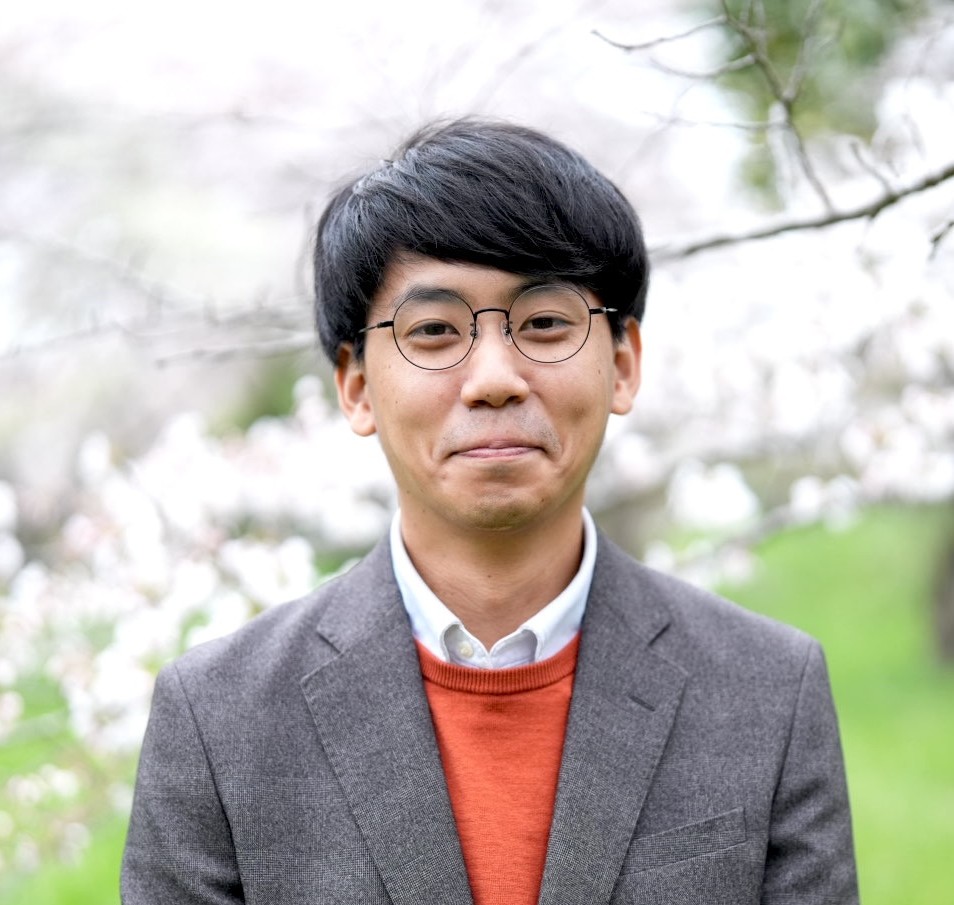
Hiroku Noma
Doctoral Students(JSPS Research Fellowship for Young Scientists)https://researchmap.jp/Hiroku_noma
【Why did you become a scientist?】
Visualization of therapist-patient involvement
I was thinking about how to interact with the patients I meet during clinical practice in my master's
program.
It was at this time that I learned about medical communication at a symposium at Nakajima PI.
Currently, my aim is to communicate "what" and "how" to change behavior in the very complex situation of
psychotherapy situations with evidences.
【What are you most interested in lately】
Wearable Devices / Walking
Recently I have been into using devices and apps to objectively verify my information. There are so many devices out there, and each one has its own unique and interesting features. On my days off, I walk around town or ride my bicycle.
【Research】
R-MAP:Registry and model development on Mechanisms of Action of Psychotherapy (https://kaken.nii.ac.jp/ja/grant/KAKENHI-PROJECT-22K20312/)
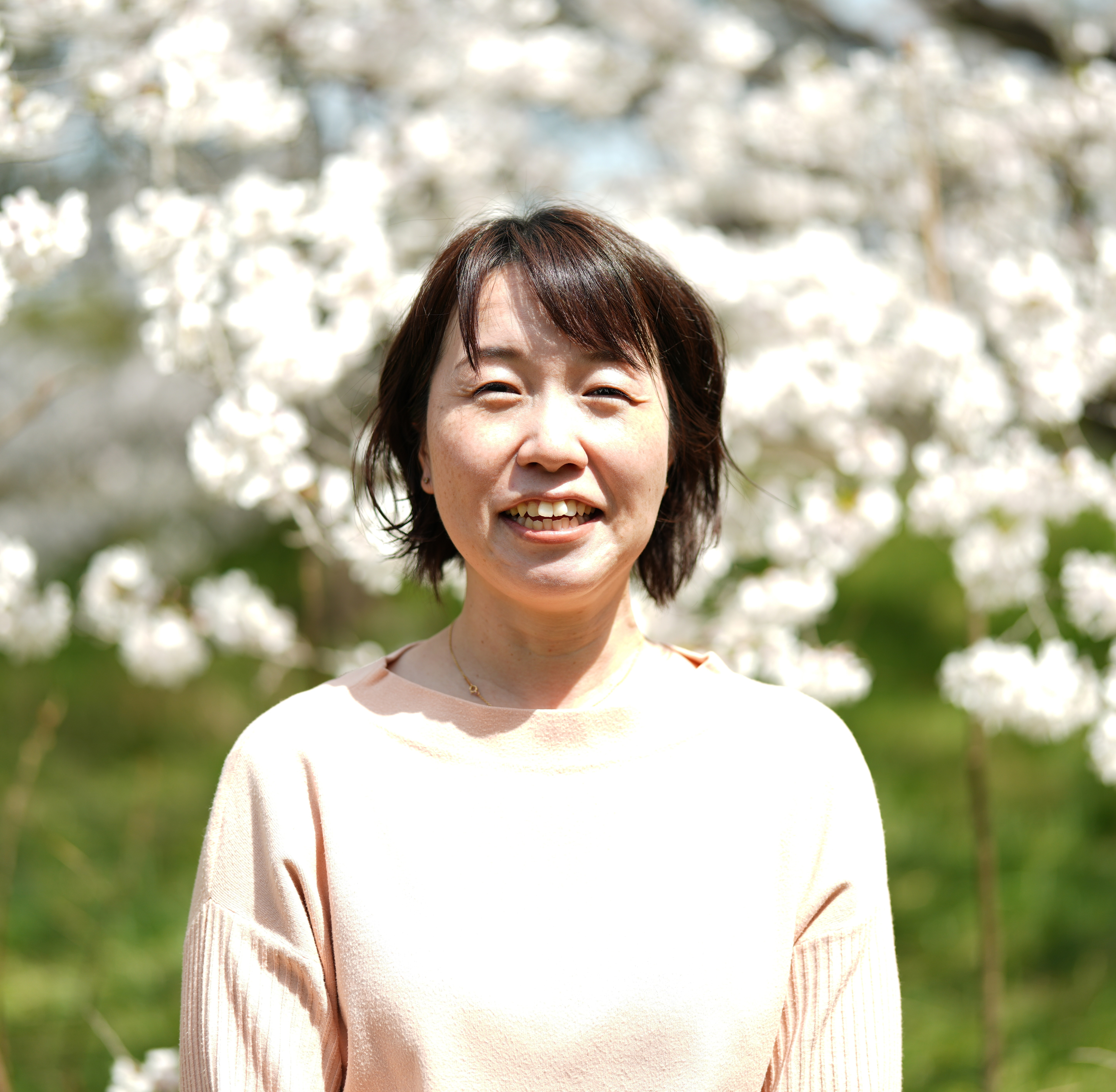
【Why did you become a scientist?】
Since childhood, I have experienced frequent daytime sleepiness, which led to my interest in sleep. In my fourth year of university, I joined a laboratory specializing in sleep research and became fascinated by the depth of the field and the excitement of scientific exploration. After gaining clinical experience as a nurse in a hospital setting, I was once again reminded of how essential sleep is as a foundation for everyone’s health. This experience reinforced my desire to contribute to a society where patients can easily consult healthcare providers about sleep issues, and where every nurse naturally incorporates knowledge of sleep and circadian rhythms into their practice.
【What are you most interested in lately】
Camping / Having morning coffee at cafés
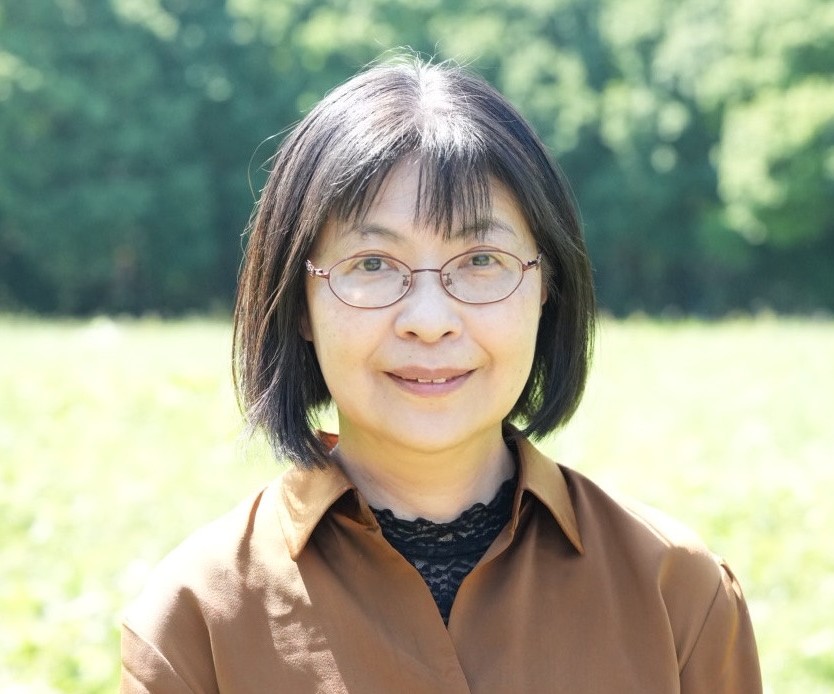
【Why did you become a scientist?】
My motivation stemmed from questioning why individuals with mental disabilities were hospitalized for extended periods. I believed that enhancing social resources was crucial for shortening hospital stays and enabling earlier discharge for these individuals, which led me to investigate the effectiveness of day care programs.
【What are you most interested in lately】
Music Appreciation: I especially love Taylor Swift and regret not being able to attend her recent Tokyo Dome concert. I also enjoy Adele.
Overseas Travel: Memories of experiencing majestic natural wonders like Niagara Falls, the Grand Canyon, and Uluru (Ayers Rock) remain unforgettable. It's disappointing that the weak yen and rising prices make overseas travel difficult these days.
【Research】
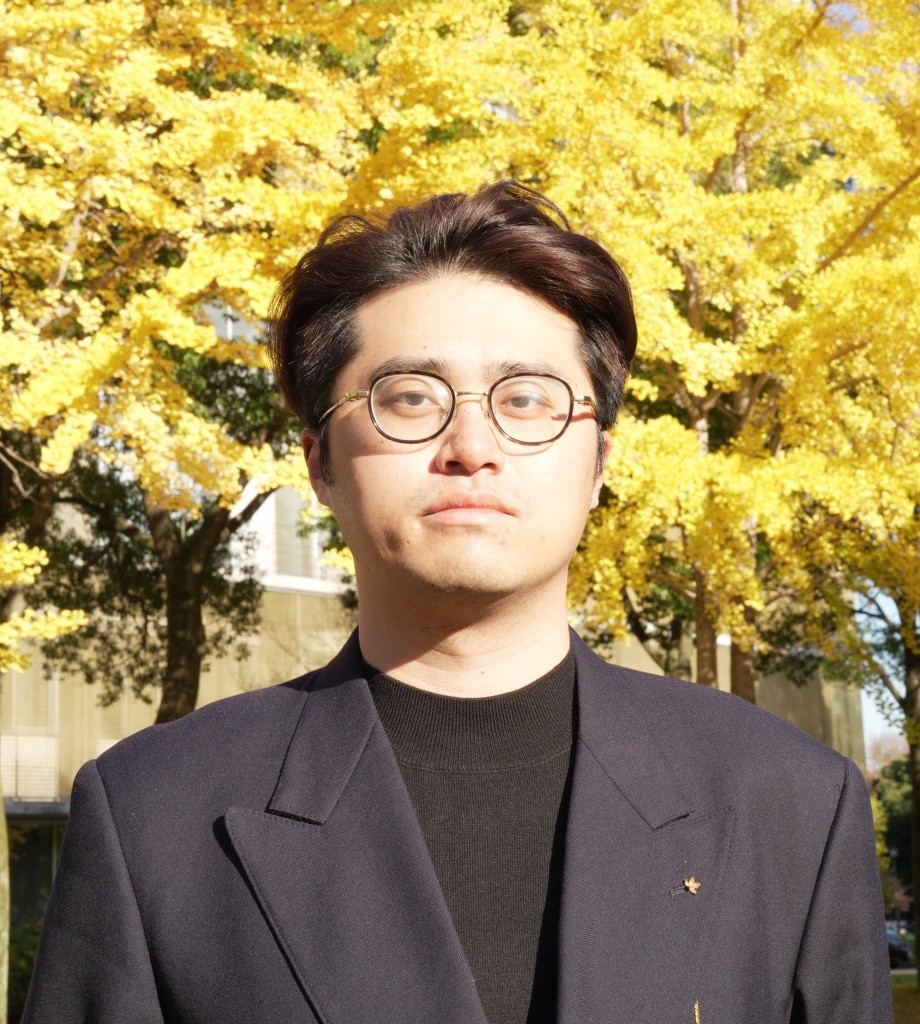
【Why did you become a scientist?】
From a young age, I've had a strong interest in fields related to human endeavors, such as history and culture.
Experiencing psychological difficulties during adolescence sparked a desire to understand and resolve my own worries and questions, leading me to begin studying psychology.
Since then, I've been interested in researching the complex interplay between psychology, culture, and society.
【What are you most interested in lately】
Reading humanities books, wine appreciation, cooking, badminton, ACG
【Research】
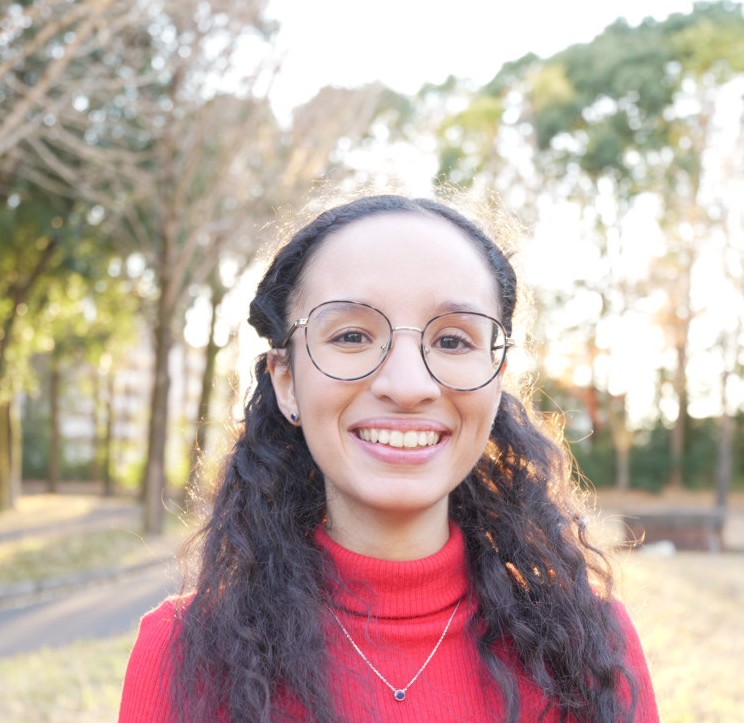
【Why did you become a scientist?】
I have always wanted to learn about the human brain and understand how this organ can control our actions and define who we are.
Learning about the importance of sleep and its promising therapeutic potential for various medical conditions has made me want to conduct research in the fascinating field of sleep medicine.
【What are you most interested in lately】
Lately I have been trying to explore Tsukuba and various parts of Japan.
When not doing that, you can find me enjoying a good fantasy book, catching up on my favorite animes or cheering on my favorite soccer teams !
【Research】
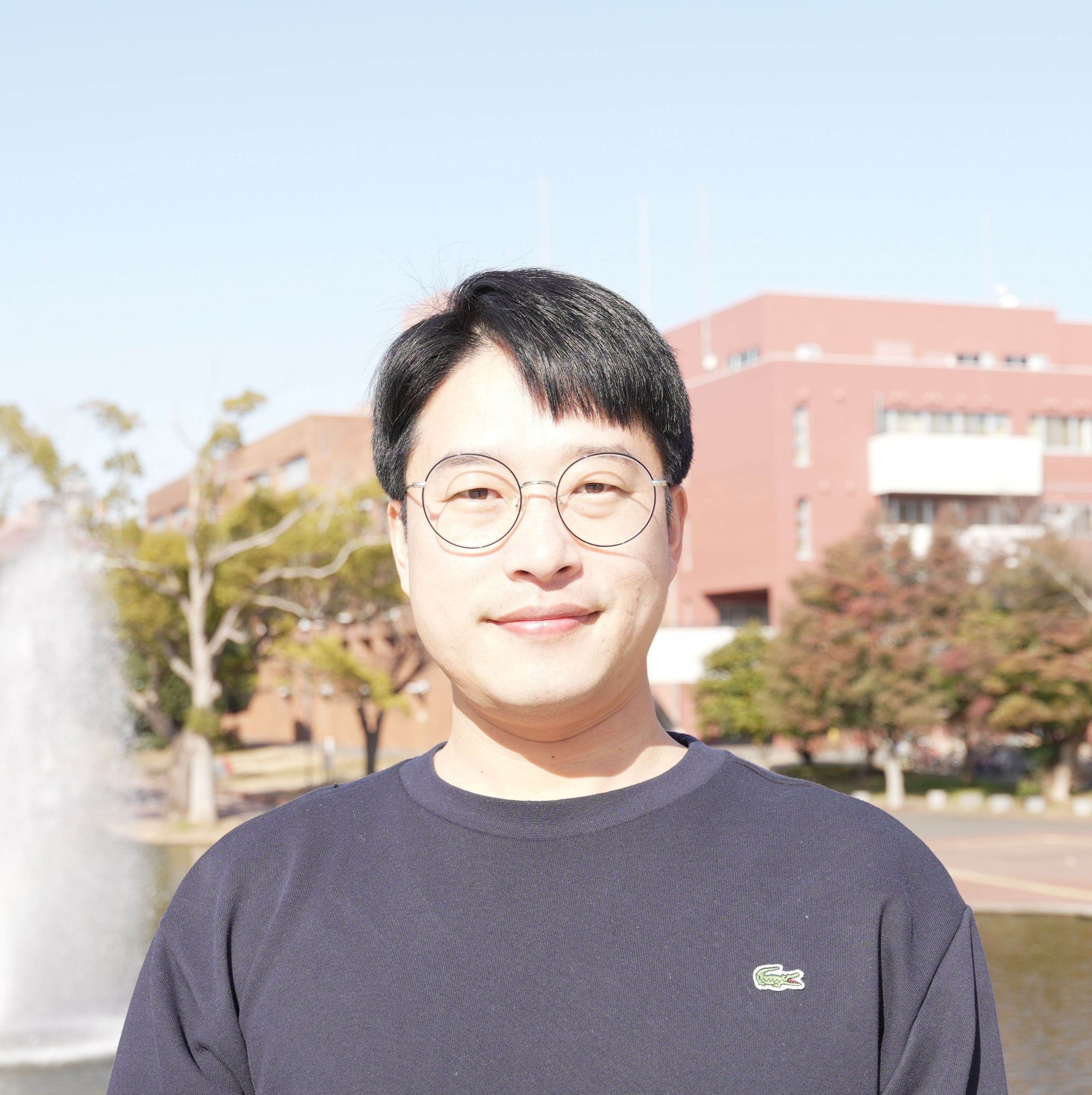
【Why did you become a scientist?】
I became interested in research after experiencing how physical activity can have a positive impact on psychological change in humans. I study the positive psychological effects of physical activity, with a particular focus on enhancing its impact through education on why and how physical activity works. My current research focuses on children with ADHD and their primary caregivers and applies interventions that combine parent-participatory physical activity with psychoeducation. Through these interventions, I examine changes in sleep quality, cognitive functioning, emotional well-being, and behavioral outcomes in both children and caregivers. Because children with ADHD often experience difficulties in sustaining engagement in physical activity and psychoeducation, I emphasize parent-involved approaches to promote adherence and continuity. Overall, my work explores integrated interventions aimed at improving the overall functioning of both children with ADHD and their primary caregivers.
【What are you most interested in lately】
I have been interested in aerobic exercises such as walking, running, and climbing again and participating in physical activities
【Research】
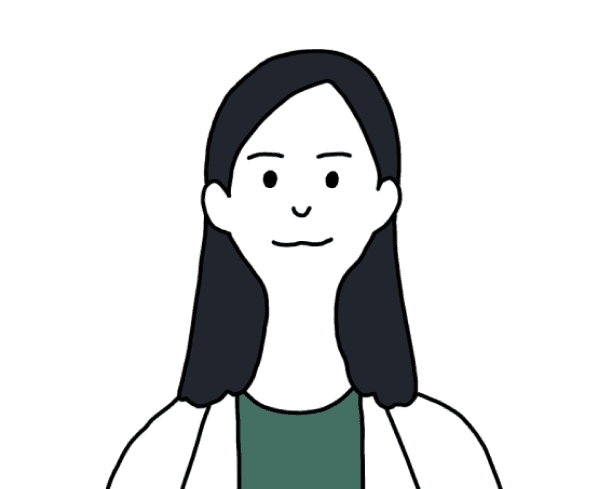
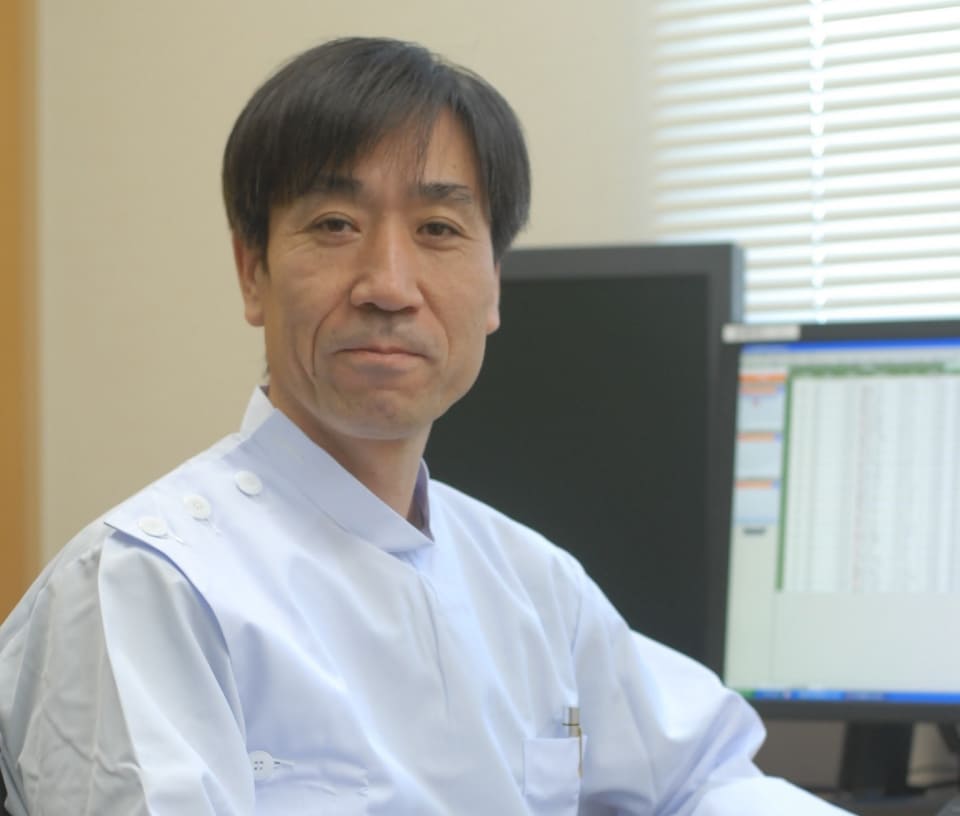
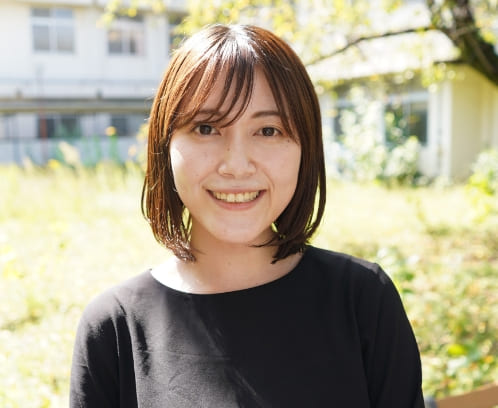
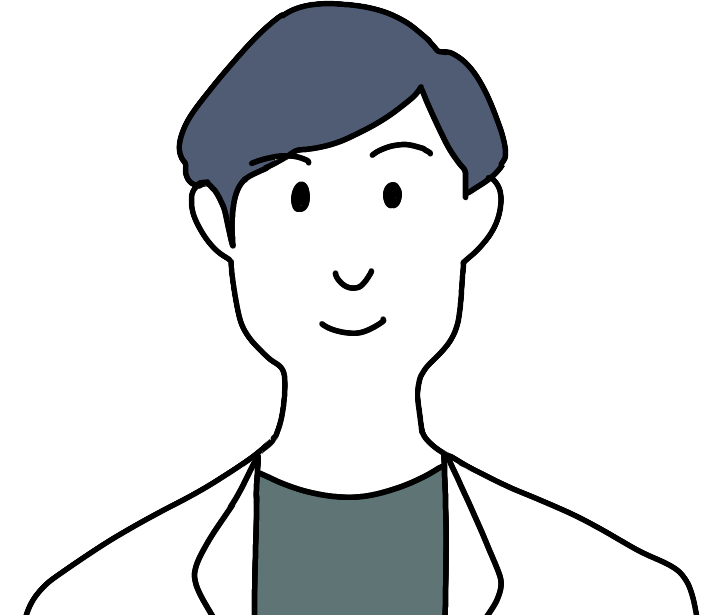
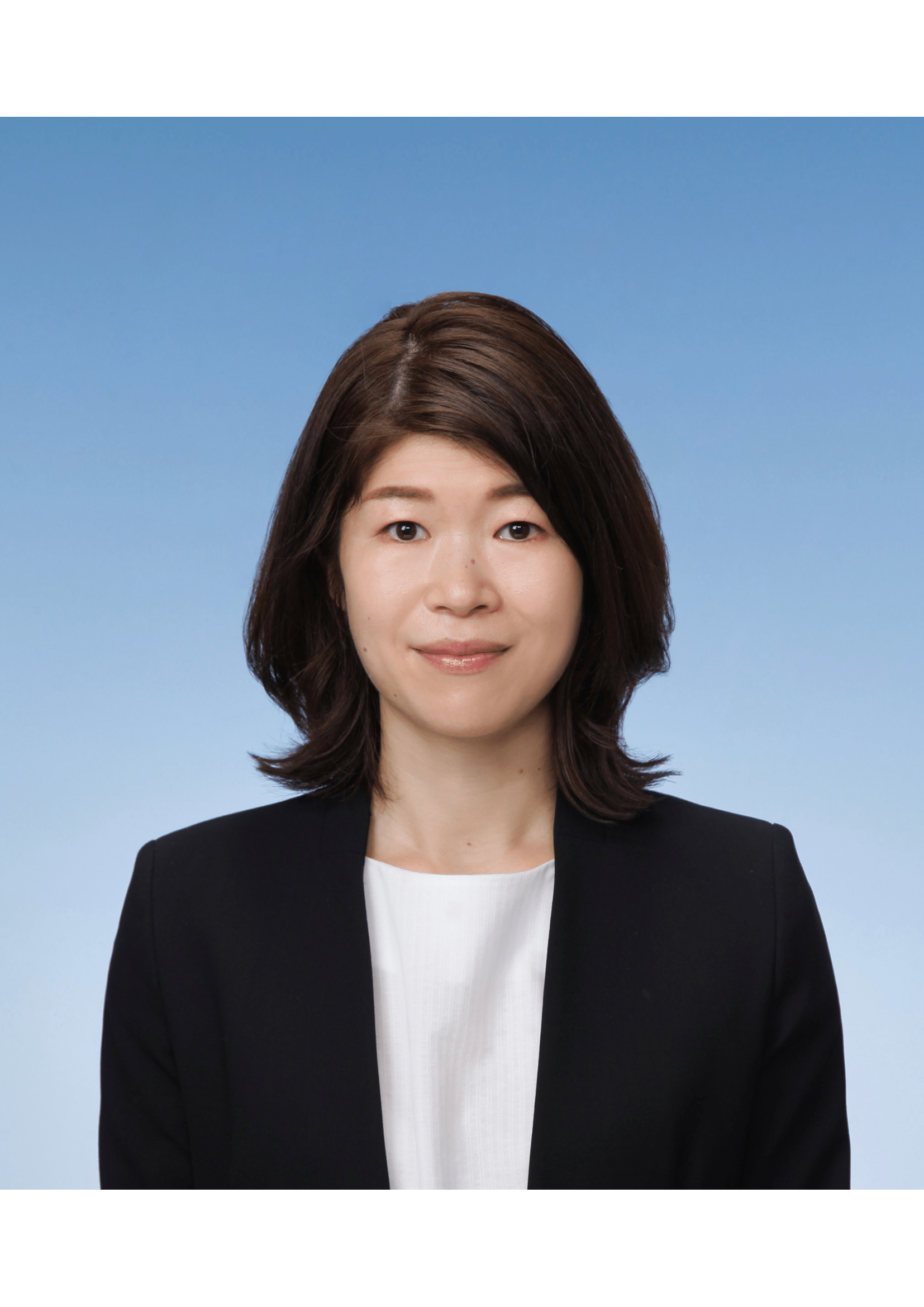
Kazumi Ota
Visiting Researcher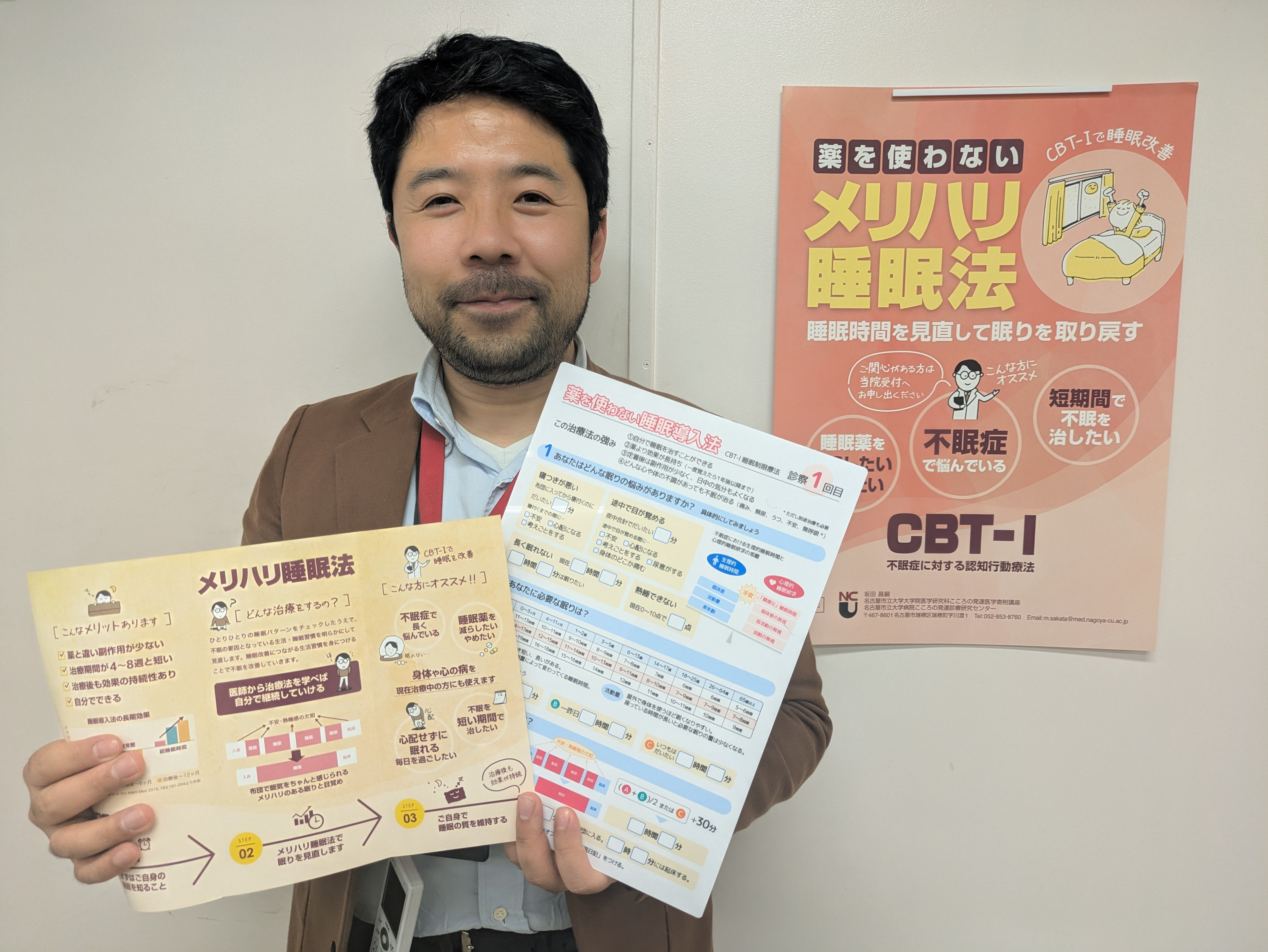
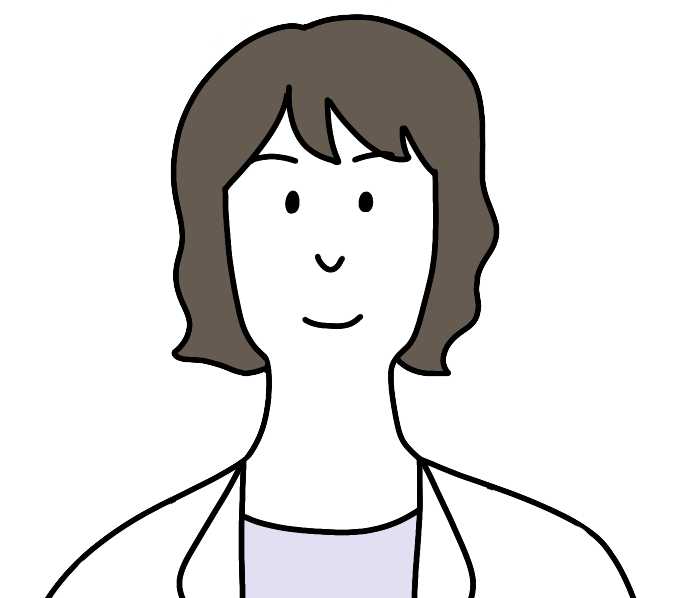
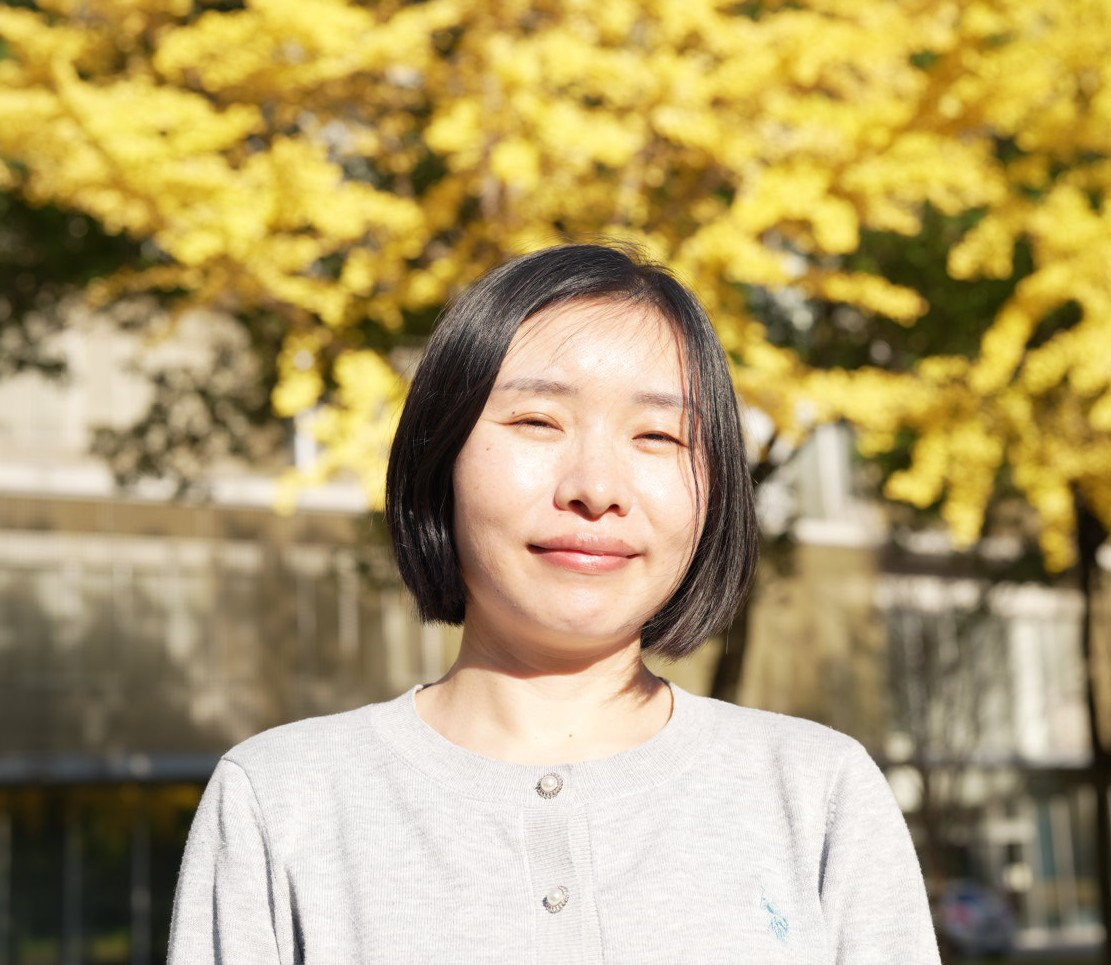
Hui Huang
Visiting Researcher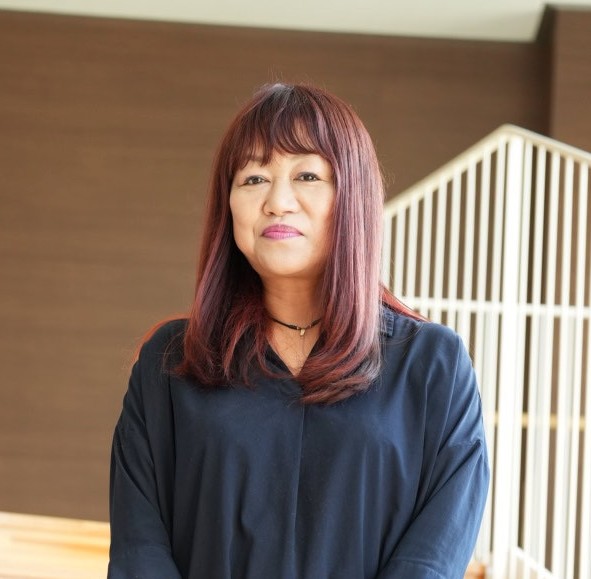
Akemi Nakayama
Secretary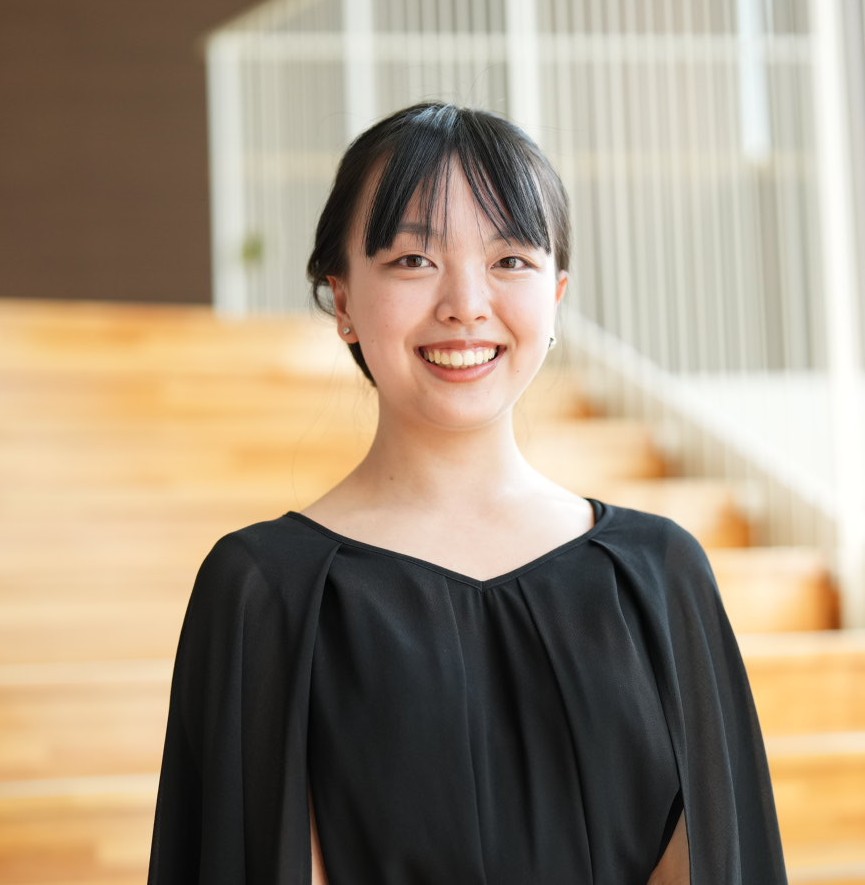
Karen Jinno
Research Intern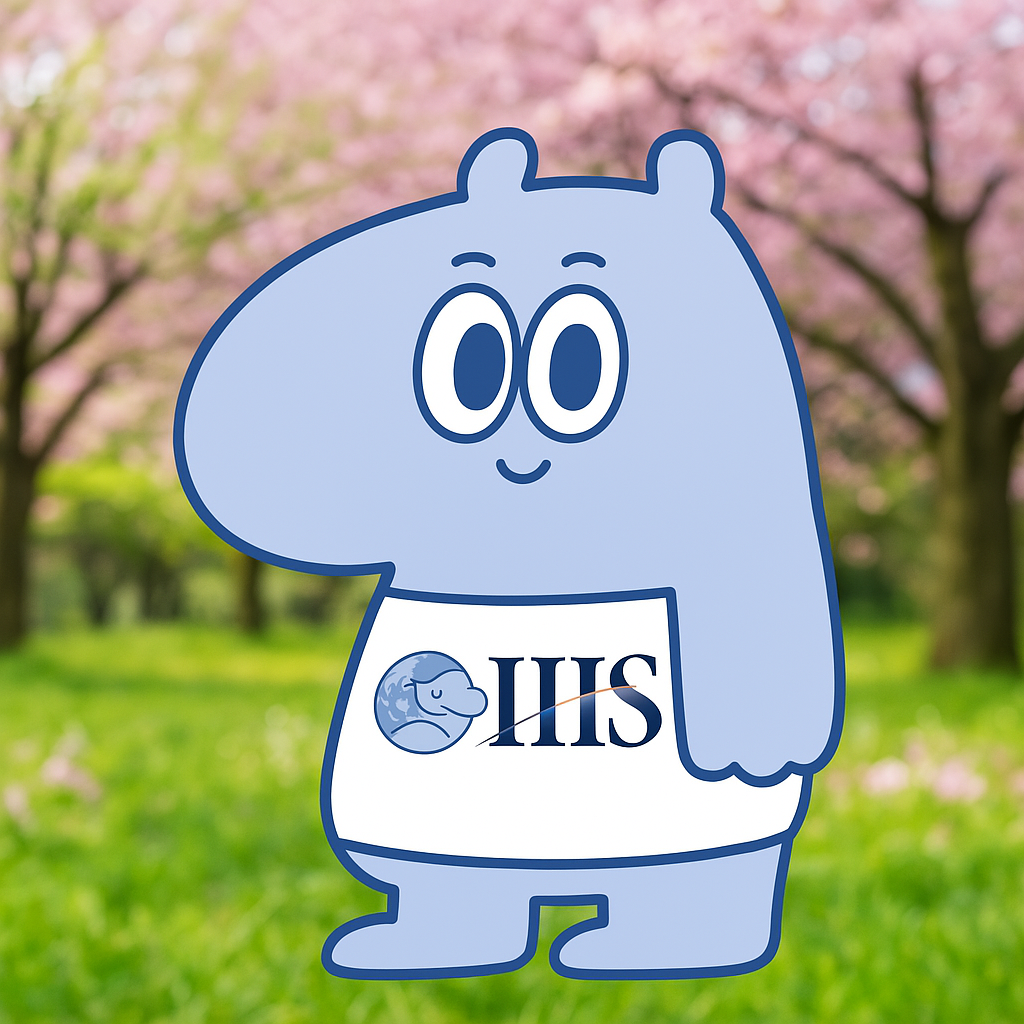
Baku-chan
Nakajima Lab Mascot Character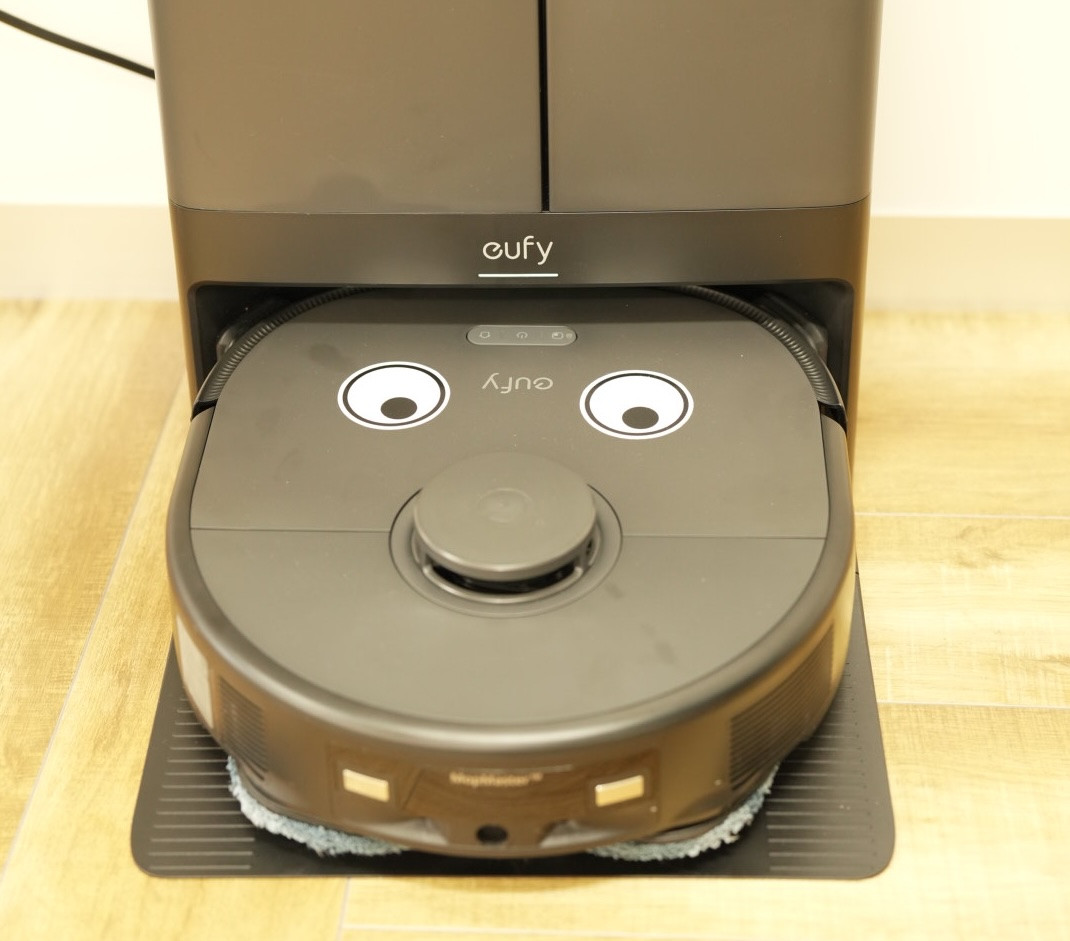
Pochi
Nakajima Ken Cleaning Staff発表業績
UNDER CONSTRUCTION
ダウンロード
Please see the following page for available Doucments.
その他
Acceptance of Researchers and Students
【Student】
Currently, the IIIS Nakajima Laboratory does not accept undergraduate students, but from April 2024, we will accept master's and doctoral students in the Psychology Degree Program (https://www.human.tsukuba.ac.jp/psychology/) of the Graduate School of Comprehensive Human Sciences of the University of Tsukuba. DC and PD students may also be accepted.
IIIS also offers a five-year Ph.D. program "Graduate Program of Excellence"(https://www.jsps.go.jp/j-takuetsu-pro/), which brings together world-class teaching and research capabilities in systematic collaboration with domestic and international universities, research institutions, and private companies, for which Mr. Yanagisawa, IIIS Institutional Director, serves as program coordinator is also available. This program has a dual mentoring system, and if you are interested in interdisciplinary research, this is also recommended as a place to go to graduate school (Nakajima is not directly in charge of this program at this time, but please contact us).
WPI-IIIS is a member of the World Premier International Research Center Program (WPI), which aims to become a globally visible research center, and has been adopted by the WPI Academy, an activity to position Japan as one of the poles of international brain circulation. Ph.D. students affiliated with WPI-IIIS are eligible for support from the WPI Academy (Research Assistant), and although not all students are, those who apply and are accepted can receive approximately 90,000 yen per month for master's students and 150,000 yen per month for Ph.D. students while working on research in the lab. (Recipients of public funds such as DC are not eligible.)
In addition to WPI Academy Research Assistants, we also accept applications for Research Assistants and Research Assistants funded by ILCAA competitive funds, so please contact us if you are concerned about your financial situation.
【Acceptance of Mentees and Research Assistants】
We also accept mentees and research assistants who are interested in conducting research in their field. If you are interested in doing research but are not sure how to go about it, please contact us. We also offer assistance in obtaining competitive funding as a mentor, not limited to research areas. Both services are based on the premise of collaborative research. We can also accept unpaid research students to learn research while being involved in research.
ACCESS
International Institute for ntegrative
Sleep Medicine
Tsukuba Institute for Advanced Research
University of Tsukuba
1-1-1 Tennodai, Tsukuba, Ibaraki 305-0006 Japan
TEL:029-859-1858
mail:cbt-bsm(at)behavior-science.jp *Please change (at) to @.

